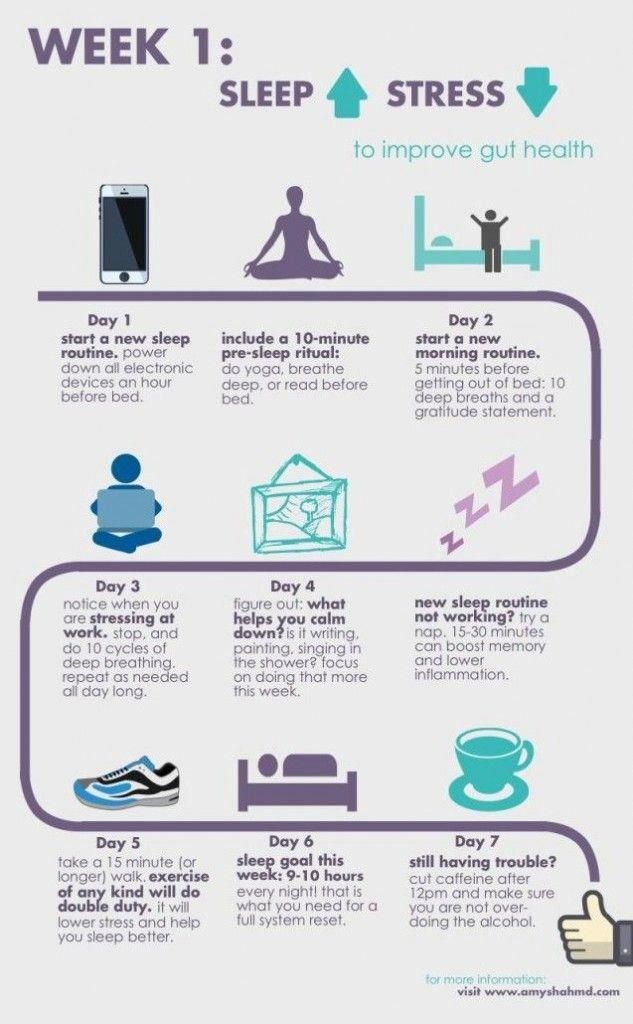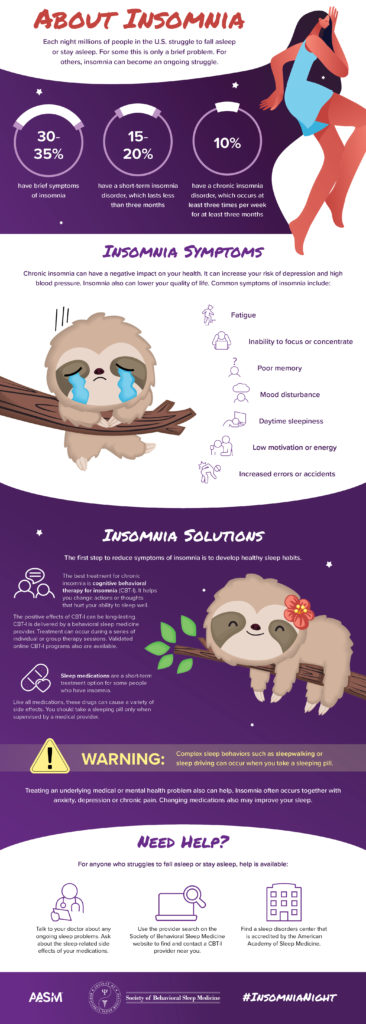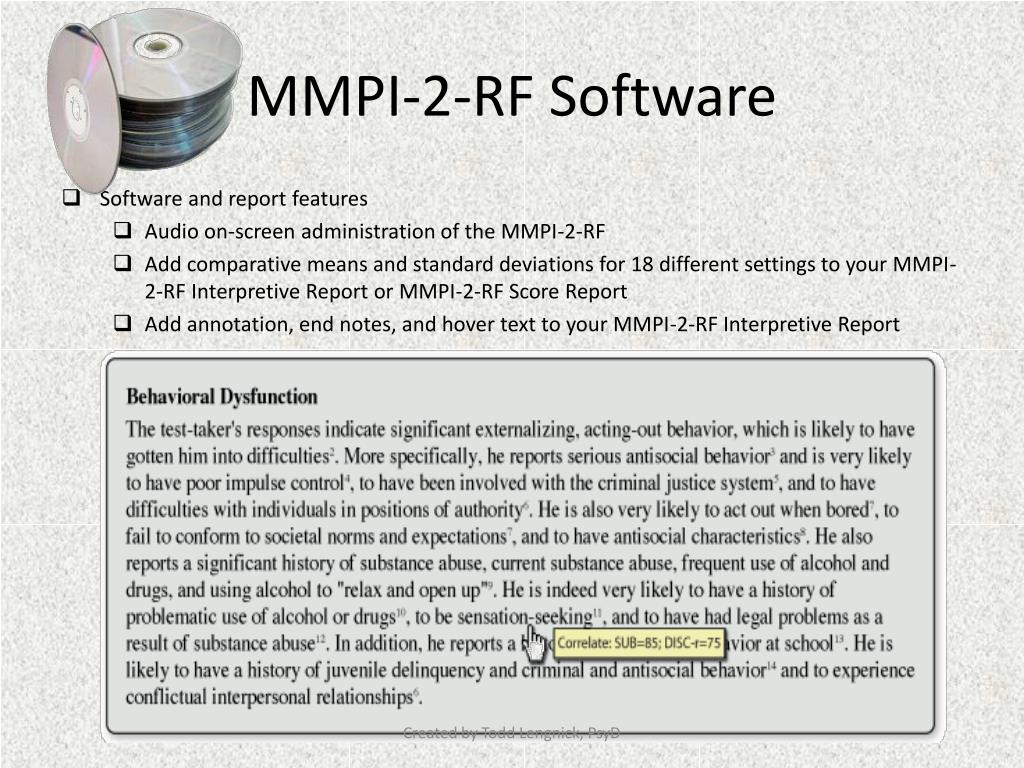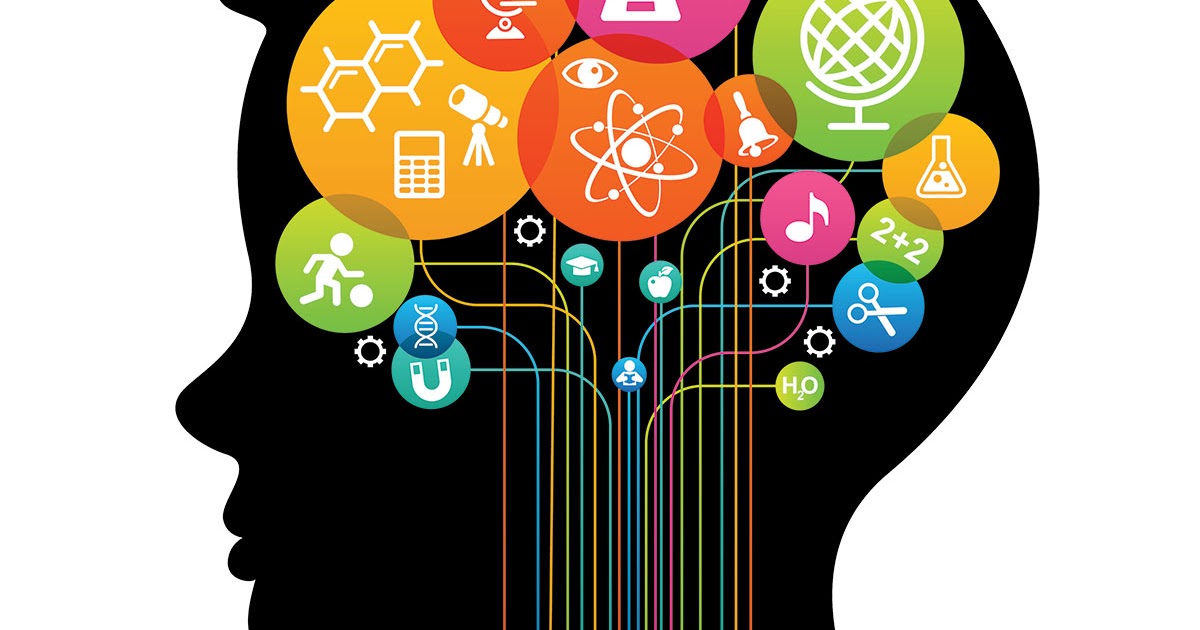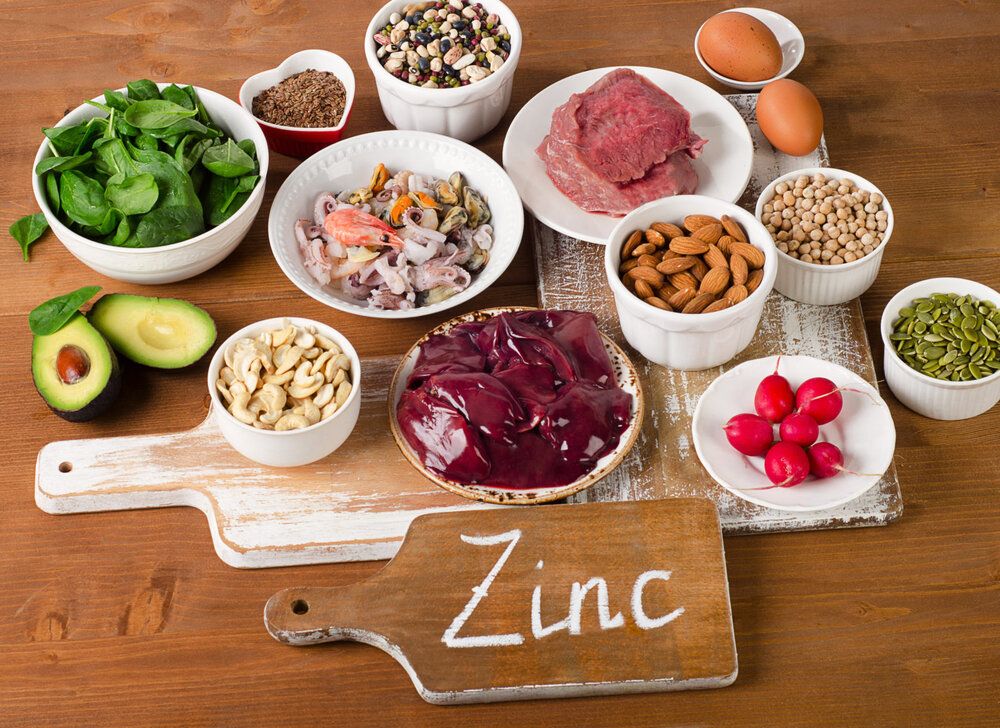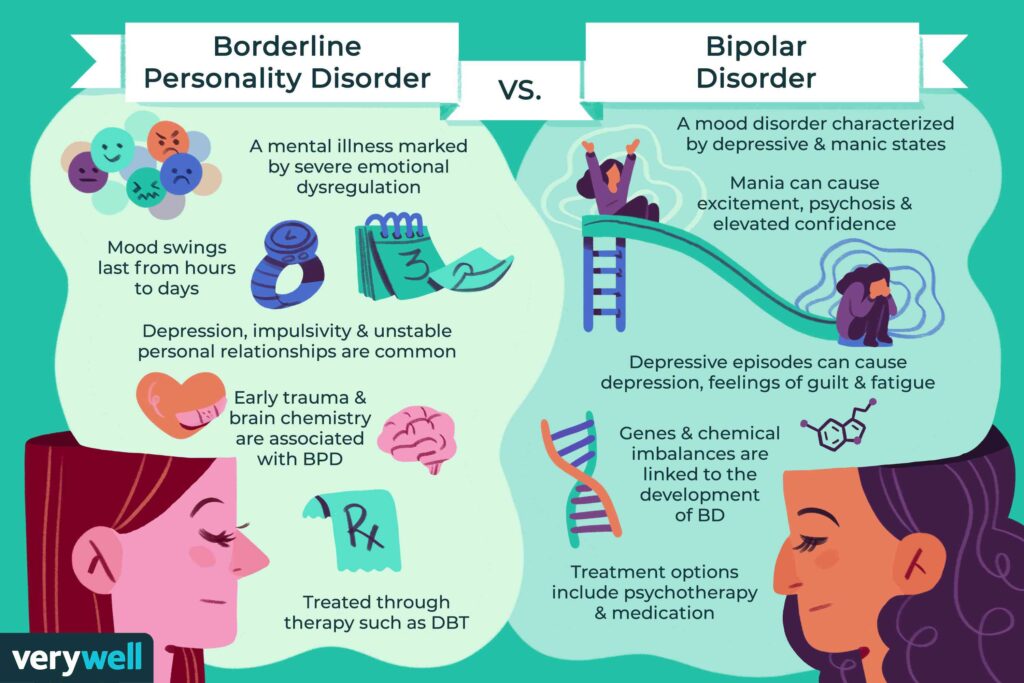Can magnesium help with anxiety
How You Can Fight Anxiety and Feel Better
We include products we think are useful for our readers. If you buy through links on this page, we may earn a small commission. Here’s our process.
One of the most abundant minerals in the body, magnesium plays an important role in a number of bodily functions and has a number of health benefits. In addition to these benefits, magnesium may be helpful as a natural treatment for anxiety. While further studies are needed, there is research to suggest magnesium may help fight anxiety.
A 2010 review of natural treatments for anxiety found that magnesium could be a treatment for anxiety.Lakhan SE, et al. (2010). Nutritional and herbal supplements for anxiety and anxiety-related disorders: systematic review. DOI: 10.1186/1475-2891-9-42
More recently, a 2017 review that looked at 18 different studies found that magnesium did reduce anxiety.Boyle NB, et. al. (2017). The effects of magnesium supplementation on subjective anxiety and stress – A systematic review. DOI: 10.3390/nu9050429 These studies looked at mild anxiety, anxiety during premenstrual syndrome, postpartum anxiety, and generalized anxiety. The studies were based on self-reports, so the results are subjective. The review stated that that further, controlled trials are needed to confirm this finding.
According to this review, one of the reasons why magnesium might help reduce anxiety is that it may improve brain function. Research shows that magnesium plays an important role in regulating neurotransmitters, which send messages throughout the brain and body. This is how magnesium plays a role in neurological health.Kirkland A, et al. (2018). The role of magnesium in neurological disorders. DOI: 10.3390/nu10060730
Research has found that magnesium may help with brain functions that reduce stress and anxiety.Sartori SB, et al. (2012). Magnesium deficiency induces anxiety and HPA axis dysregulation: Modulation by therapeutic drug treatment. DOI: 10. 1016/j.neuropharm.2011.07.027 It is believed to affect a part of the brain called the hypothalamus, which helps regulate the pituitary and adrenal glands. These glands are responsible for your response to stress.
1016/j.neuropharm.2011.07.027 It is believed to affect a part of the brain called the hypothalamus, which helps regulate the pituitary and adrenal glands. These glands are responsible for your response to stress.
If you have an anxiety disorder, you might want to consider using magnesium to help reduce your symptoms.
Magnesium is often bound to other substances in order to make it easier for the body to absorb it. The different types of magnesium are categorized according to these bonding substances. The different kinds of magnesium include:
- Magnesium glycinate. Often used to reduce muscle pain. Shop for magnesium glycinate.
- Magnesium oxide. Commonly used to treat migraines and constipation. Shop for magnesium oxide.
- Magnesium citrate. Easily absorbed by the body and also used to treat constipation. Shop for magnesium citrate.
- Magnesium chloride. Easily absorbed by the body.
 Shop for magnesium chloride.
Shop for magnesium chloride. - Magnesium sulfate (Epsom salt). Generally, less easily absorbed by the body but may be absorbed through the skin. Shop for magnesium sulfate.
- Magnesium lactate. Often used as a food additive. Shop for magnesium lactate.
According to the 2017 review of studies, most of the relevant studies on magnesium and anxiety use magnesium lactate or magnesium oxide.Boyle NB, et. al. (2017). The effects of magnesium supplementation on subjective anxiety and stress – A systematic review. DOI: 10.3390/nu9050429 However, more studies are needed that compare the anti-anxiety effects of different types of magnesium since it’s not clear which type of magnesium is best for anxiety.
According to the Office of Dietary Supplements, studies consistently show that many people aren’t getting enough magnesium from their diets.Office of Dietary Supplements. (2018). Magnesium: Fact sheet for health professionals. ods.od.nih.gov/factsheets/Magnesium-HealthProfessional/ Many people have low magnesium levels.
ods.od.nih.gov/factsheets/Magnesium-HealthProfessional/ Many people have low magnesium levels.
The Recommended Daily Allowance (RDA) for adults is between 310 and 420 mg.Office of Dietary Supplements. (2018). Magnesium: Fact sheet for health professionals. ods.od.nih.gov/factsheets/Magnesium-HealthProfessional/ The exact RDA will differ depending on your age and gender. More magnesium is also needed during pregnancy, as pregnancy can affect how your body absorbs certain vitamins and minerals.
To ensure you have enough magnesium in your diet, eat foods high in magnesium.
Foods high in magnesium
- leafy greens
- avocado
- dark chocolate
- legumes
- whole grains
- nuts
- seeds
If you take magnesium as a supplement, studies that showed that magnesium can have anti-anxiety effects generally used dosages of between 75 and 360 mg a day, according to the 2017 review.
It’s best to consult a healthcare practitioner before taking any supplement so you know the correct dose for you.
While there are few side effects from taking magnesium supplements, it’s always important not to take more of any supplement than you actually need.
According to the Office of Dietary Supplements, high amounts of magnesium in food sources don’t pose a risk as the kidneys usually flush extra magnesium out of the system. Office of Dietary Supplements. (2018). Magnesium: Fact sheet for health professionals. ods.od.nih.gov/factsheets/Magnesium-HealthProfessional/ However, it is possible to overdose on magnesium supplements.
The National Academy of Medicine advises adults not to exceed 350 mg of supplemental magnesium per day.Office of Dietary Supplements. (2018). Magnesium: Fact sheet for health professionals.
ods.od.nih.gov/factsheets/Magnesium-HealthProfessional/ While more magnesium can be eaten in the form of food, a higher dosage of supplements can cause side effects.
In some trials, test subjects are given a higher dosage. You should only take more than 350 mg per day if your doctor has recommended that dosage.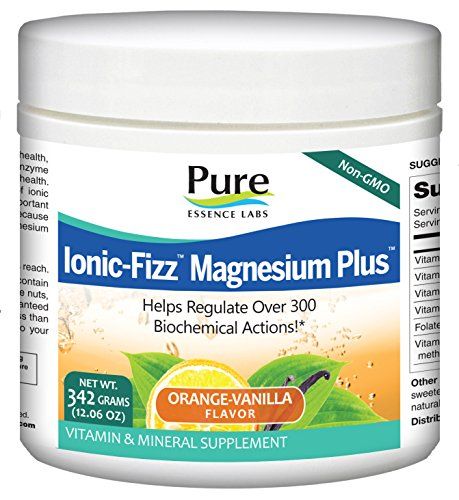 Otherwise you may have magnesium overdose.
Otherwise you may have magnesium overdose.
Magnesium overdose symptoms
- diarrhea
- nausea
- vomiting
- cardiac arrest
- low blood pressure
- lethargy
- muscle weakness
If you believe you’ve overdosed on magnesium, contact a healthcare professional right away.
There are many benefits of magnesium. From improved mood to bowel health, magnesium works throughout the body. Studies have found many other ways magnesium may help your health.Higdon J, et al. (2019). Magnesium. lpi.oregonstate.edu/mic/minerals/magnesium
Other benefits
- constipation treatment
- better sleep
- reduced pain
- migraine treatment
- reduced risk for type 2 diabetes
- lowered blood pressure
- improved mood
Magnesium is an important mineral with many benefits. While more evidence is needed to fully understand and explain how it works, magnesium seems to be an effective treatment for anxiety. Speak to a healthcare professional before taking any supplements.
Speak to a healthcare professional before taking any supplements.
Best Forms of Magnesium for Anxiety and Depression
Magnesium’s beneficial effects on mood and stress are so well-known that the mineral has nicknames like “the original chill pill” and “nature’s valium.”
However, many people are on low doses of magnesium or take forms of magnesium that are not well-absorbed by the body. It’s no surprise that they don’t notice any benefit in their anxiety, stress, mood, or sleep. Some of the commonly asked questions that patients have about magnesium supplements include:
-
How does magnesium affect mental health?
-
Which foods have the most magnesium?
-
What forms of magnesium are best for anxiety or depression?
-
How much magnesium is needed for anxiety or depression?
-
What are the side effects of magnesium supplementation? Is it safe?
In this article, we’ll review the different forms of magnesium and their effects on brain health.
How does magnesium affect mental health?
In our first article about magnesium, we explore the connection between magnesium deficiency and anxiety. In addition to anxiety, low magnesium levels have been linked with:
-
Higher levels of stress
-
Depression
-
Insomnia or sleep disturbances
-
Headaches or muscle pain/tightness
-
Fatigue
Magnesium plays two important roles in the brain, which may contribute to these symptoms:
-
It blocks the activity of more stimulating neurotransmitters and binds to calming receptors, resulting in a more peaceful, resting state.
-
It helps to regulate the release of stress hormones like cortisol, acting like the brake on your body’s nervous system.
Which foods have the most magnesium?
When trying to evaluate our magnesium intake, the first source we should look at is our daily diet.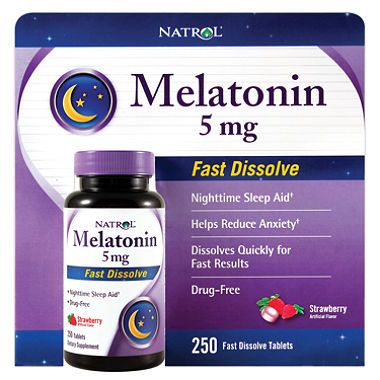 Healthy foods are foundational to raising magnesium levels and other essential minerals, and supplements should never be viewed as a substitute for a nutrient-rich diet.
Healthy foods are foundational to raising magnesium levels and other essential minerals, and supplements should never be viewed as a substitute for a nutrient-rich diet.
While it’s beneficial to build a healthy diet with all of these foods, leafy greens are the best source for magnesium and overall mineral intake. This is because grains, seeds, and nuts contain a compound called phytic acid, which can reduce the body’s ability to absorb magnesium and other minerals like zinc and iron.
CAN’T YOU GET ENOUGH MAGNESIUM FROM FOOD?
While diet is the starting point for increasing mineral intake in general, it may not be enough for some people with mental health conditions, because of:
-
Modern day food cultivation. Farming processes have depleted magnesium and other minerals from the soil, and the techniques used in food processing can deplete magnesium levels by up to 80%.

-
Biochemical individuality. Factors such as genetics, metabolism, health conditions, and more can influence how much magnesium an individual person needs for healthy functioning. Those with anxiety, depression and insomnia may need more magnesium than they can feasibly get from their food.
What forms of magnesium are best for anxiety or depression?
There are two main factors to consider when choosing a form of magnesium:
-
Bioavailability, which indicates how much magnesium can be absorbed by the gut.
-
Access to the brain, as effective forms of magnesium have to be able to cross the protective blood brain barrier surrounding the brain.
The two most commonly prescribed forms of magnesium – magnesium oxide and citrate – have the lowest bioavailability of the various forms. This means that they are more likely to pass through the gut and cause loose stools and diarrhea, so they are best used to relieve constipation. Magnesium salts like carbonate and sulfate have similar issues with absorption.
Magnesium salts like carbonate and sulfate have similar issues with absorption.
Based on recent studies, there are certain forms of magnesium that have better bioavailability and ability to cross the blood brain better, making them better treatment options for addressing symptoms of anxiety and depression:
Magnesium Taurate
Magnesium taurate contains an amino acid called taurine, which has a calming, neuroprotective, and anti-inflammatory effect in the brain. Taurine also appears to help the magnesium enter the brain. In addition, it is gentle on the GI tract, making it unlikely to cause loose stool and diarrhea. In a recent study, magnesium acetyl taurate increased brain magnesium levels more than any other form of magnesium.
Magnesium Threonate
This form of magnesium has impressive studies backing its use in mental health conditions and has evidence that it can cross the blood brain barrier. However, it can be more expensive and may require taking 2-3 times more capsules than other magnesium supplements to reach a sufficient therapeutic dose.
Magnesium Glycinate
Glycine is an essential amino acid that has important neurotransmitter functions in the brain. Glycine supplementation can improve the quality of sleep, making this form of magnesium a good choice for those with insomnia. Preliminary research shows that magnesium glycinate can elevate levels of magnesium in brain tissue. Like magnesium taurate, the glycinate form is gentle on the GI tract.
Magnesium Malate
This is one of the better absorbed forms of magnesium, which increases both serum and muscle levels of magnesium. Preliminary research shows that it may be effective in treating symptoms of fibromyalgia and chronic fatigue, as malate is involved with energy production.
Based on current data, magnesium taurate and glycinate have the most research supporting their effects on anxiety and other mental health disorders. Magnesium malate and threonine have also demonstrated therapeutic effects and may be useful in many psychiatric cases.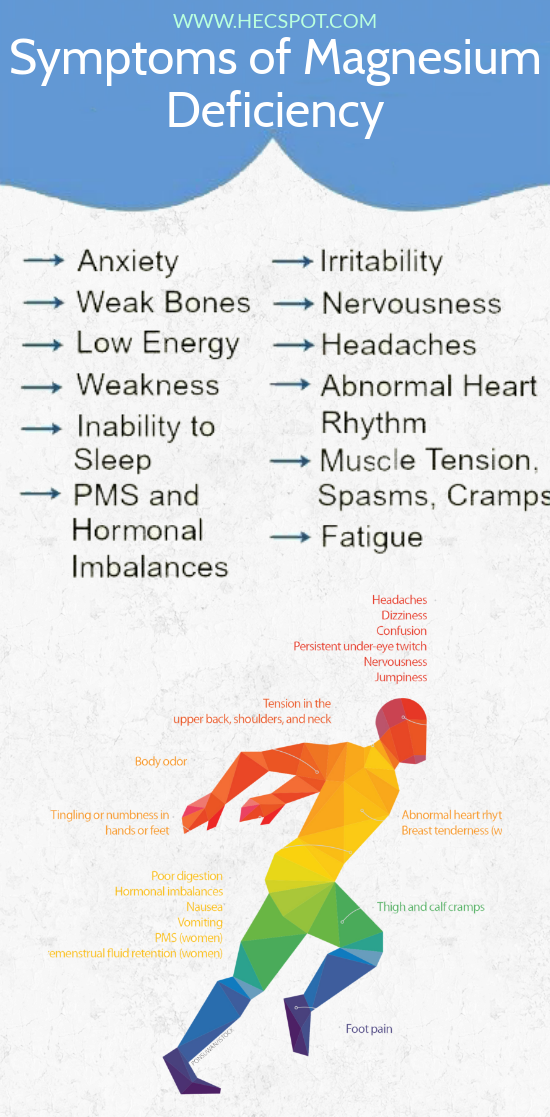
* Magnesium citrate has some evidence of entering the brain, but only at significantly high doses.
How much magnesium is needed for anxiety or depression?
At this time, we don’t have enough research to determine the best dose of magnesium for mental health conditions. Recent research indicates that doctors likely need to use higher doses of magnesium for many psychiatric patients than we previously thought.
Most supplement labels and nutritional organizations recommend taking about 320mg of magnesium, which is the recommended dietary allowance set by the FDA. However, this is based on the nutritional needs of healthy individuals and does not take biochemical individuality or preexisting mental health conditions into account.
Stanford recently conducted a study using 1800mg of magnesium threonate in older patients to evaluate its effect on executive functioning and memory. For those wondering how much is too much magnesium, the European Commission found that doses greater than 2500mg could result in toxic hypermagnesaemia (i.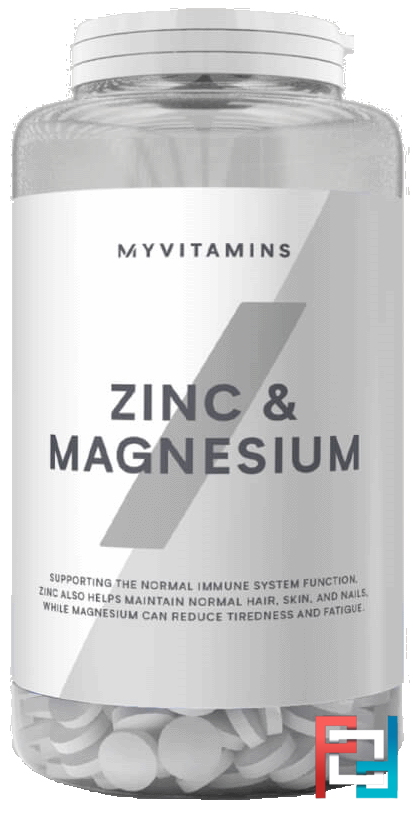 e. too much magnesium).
e. too much magnesium).
Anyone taking magnesium supplements past the recommended daily intake or along with other medications should always consult with a physician or other medical professional beforehand.
What are the side effects of magnesium supplementation? Is it safe?
Magnesium is generally very safe, and serious side effects and toxicity are both rare.
For most people, the body efficiently handles excess magnesium by eliminating it through the stool, which is why the most common side effect is loose stool or diarrhea.
Although it is very rare for magnesium to reach toxic levels, signs of toxicity include a fall in blood pressure, lethargy, confusion, heartbeat disturbances, dizziness, muscle weakness, and trouble breathing. Patients with impaired kidney function are at higher risk for adverse effects of magnesium. Magnesium can also interfere with certain drugs, including various antibiotics and medications for diabetes or high blood pressure. If either of these conditions apply, it’s important to check in with your doctor before starting magnesium supplementation.
If either of these conditions apply, it’s important to check in with your doctor before starting magnesium supplementation.
Using the right form and dose of magnesium is like using the right key to open a lock.
When trying to develop a treatment strategy, it’s important to use the most accurate solutions we have. Based on the current data, magnesium taurate and magnesium glycinate are two of the better options that may help those with mental health conditions. Psychiatric patients may also need more magnesium than the average individual but should consult a medical professional if their intake exceeds the FDA’s recommended dosage.
Magnesium is best used as a part of a comprehensive treatment plan along with a proper diet, stress reduction techniques, and treating the root cause of your symptoms. We hope that this information can help you build a strong foundation for your health journey.
References
-
“Timeline (Bioavailability) of Magnesium Compounds in Hours: Which Magnesium Compound Works Best?” Biological Trace Element Research (2018)
-
“Dose-Dependent Absorption Profile of Different Magnesium Compounds” Biological Trace Element Research (2019)
-
“Dietary phytate reduces magnesium bioavailability in growing rats” Nutrition Research (1998)
-
“New therapeutic strategy for amino acid medicine: glycine improves the quality of sleep” Journal of Pharmacological Sciences (2012)
-
“Magnesium L-Threonate for the Enhancement of Learning and Memory in People With Dementia” Stanford University (2014)
-
“Opinion on the Tolerable Upper Intake Level of Magnesium” European Commission Health & Consumer Protection Directorate-General (2001)
The information and any products mentioned in this article are not intended to diagnose, treat, cure, or prevent any disease. The information provided is for educational purposes only and not intended to replace the relationships with your physician(s). Before initiating any conventional or integrative treatments, please first consult with a licensed medical provider. Please review references cited at the end of article for scientific support of any claims made.
The information provided is for educational purposes only and not intended to replace the relationships with your physician(s). Before initiating any conventional or integrative treatments, please first consult with a licensed medical provider. Please review references cited at the end of article for scientific support of any claims made.
RELATED ARTICLES & RESOURCES
Magnesium Deficiency and Anxiety
How Neurofeedback Can Help Anxiety
Anxiety: It’s Not Just Serotonin
leave us a comment
Discover a new way to deal with anxiety
According to the results of a recent study by the NAFI analytical center, 70% of Russians are worried about the socio-economic situation. Many respondents admit that they cope with stress “as best they can”, but often not in the way that experts recommend. 1 Prolonged anxiety negatively affects health.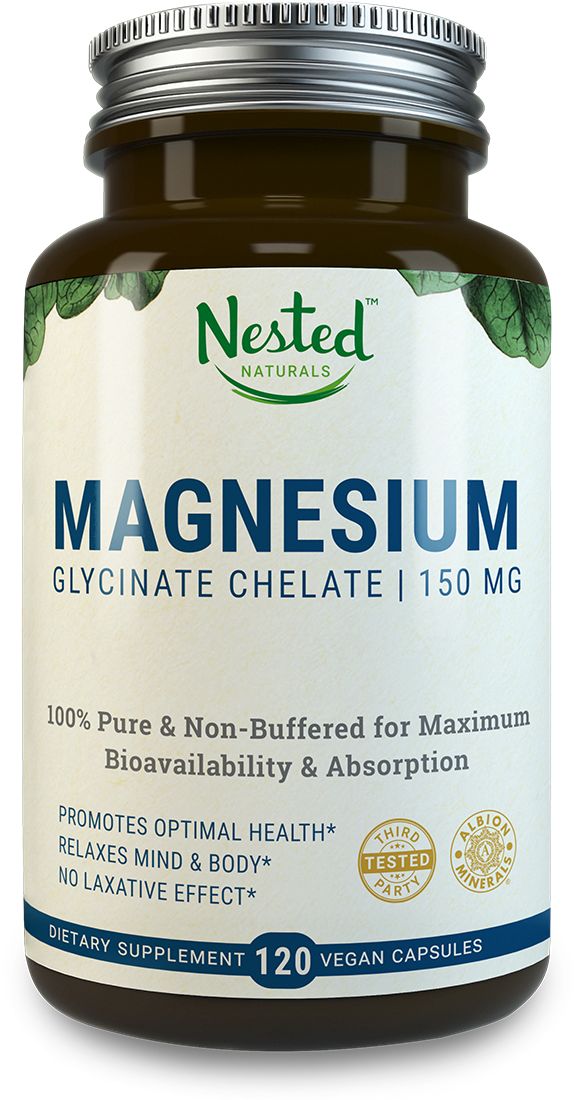 It reduces the ability to think critically and analyze information objectively, interferes with full communication, contributes to the development and worsening of many diseases: from arterial hypertension, coronary heart disease and diabetes mellitus to Parkinson's and Alzheimer's disease. 2.3
It reduces the ability to think critically and analyze information objectively, interferes with full communication, contributes to the development and worsening of many diseases: from arterial hypertension, coronary heart disease and diabetes mellitus to Parkinson's and Alzheimer's disease. 2.3
What do the experts recommend?
Synthetic drugs for anxiety and depression can cause a significant number of side effects. 4 But there is an alternative possibility. To reduce anxiety and normalize mood contribute to:
- nutraceuticals - food supplements to meet the need for vitamins, minerals and other essential substances;
- phytopreparations - preparations based on medicinal plants.
5-hydroxytryptophan (5-HTP) . Helps to increase the synthesis of serotonin, the "hormone of happiness", in the central nervous system. 5 According to one theory, manifestations of anxiety and anxiety spectrum symptoms (panics, phobias) are associated with a deficiency of this substance. 6 According to scientists, it helps to improve the tolerance of stress and increase the ability to overcome its sources by changing the outlook and behavior. 7 At night, melatonin is formed from serotonin - the "sleep hormone".
5 According to one theory, manifestations of anxiety and anxiety spectrum symptoms (panics, phobias) are associated with a deficiency of this substance. 6 According to scientists, it helps to improve the tolerance of stress and increase the ability to overcome its sources by changing the outlook and behavior. 7 At night, melatonin is formed from serotonin - the "sleep hormone".
Magnesium . Studies show that when anxiety occurs, there is an increased excretion of this mineral from the body, which enhances the stress response. 8 Supplementing with magnesium helps break the vicious cycle and increase stress tolerance. 8
Vitamin B6 . Necessary for the normal functioning of the nervous system, is involved in the synthesis of serotonin. The main manifestations of vitamin B6 deficiency include increased anxiety and insomnia. 9
Herbs with soothing properties eg lemon balm, mint, passionflower and valerian. Melissa is classified as a natural stress protector, it helps to reduce aggressiveness and conflict, has a calming effect, like peppermint. 10 In addition, lemon balm and passionflower are called herbal anxiolytics - anti-anxiety agents. 11 Valerian helps to reduce the excitability of the central nervous system and emotional tension, has general strengthening properties. 10
Melissa is classified as a natural stress protector, it helps to reduce aggressiveness and conflict, has a calming effect, like peppermint. 10 In addition, lemon balm and passionflower are called herbal anxiolytics - anti-anxiety agents. 11 Valerian helps to reduce the excitability of the central nervous system and emotional tension, has general strengthening properties. 10
Special situation - special solution
The experts of the Evalar laboratory, which is a full-fledged research institute, have created a new Complex 5-NTR . It contains all of the above components. Each of them is presented in special forms, providing a high degree of assimilation and activity of the ingredients.
✔ Griffonia simplefolia seed extract, which is produced in Germany and has a high content of 5-HTP - up to 20%.
✔ Magnesium in chelated form - associated with the amino acid glycine. This form ensures high digestibility of the mineral 12 .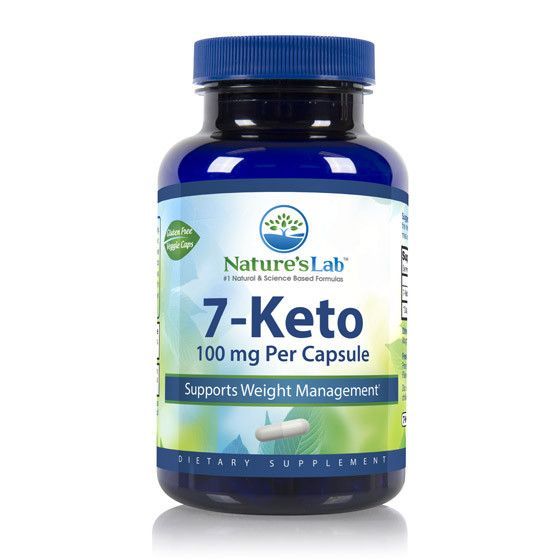 In addition, glycine contributes to a neuroprotective effect - protecting brain cells from negative influences. 12
In addition, glycine contributes to a neuroprotective effect - protecting brain cells from negative influences. 12
✔ Vitamin B6 in the biologically active form of pyridoxal-5-phosphate (P-5-P) 13 . It is able to immediately be included in the metabolism, unlike the usual vitamin B6. It must first form P-5-P, and this process is disturbed in some people. 14
✔ Melissa, mint, passionflower and valerian are contained in the preparation not in the usual crushed form, but in the form of highly active extracts. Evalar processes plants using innovative European equipment, including unique equipment for our country. For example, only the Evalar plant has a Swiss system for steam sterilization of plant materials. Modern production technologies allow preserving the original strength of natural ingredients and obtaining products with maximum biological activity.
The components of the Complex 5-HTP from Evalar enhance each other's action and contribute to: 15
► reducing the impact of stress and its manifestations: anxiety, restlessness, irritability, aggressiveness and apathy;
► improve mood;
► feeling calm and relaxed;
► improving the quality and duration of sleep.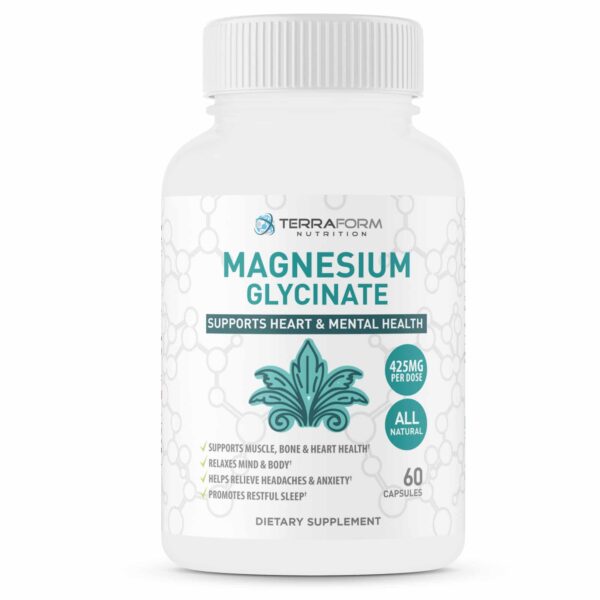
You can start taking 2 capsules a day, and if necessary, add 1 more capsule. 15 Unlike many synthetic drugs, the complex does not cause dependence and addiction; if necessary, it can be taken for a long time.
1 0006 (date of access: 03/17/2022).
2 Polina, Yu.V., Kuzmina A.E. Influence of anxiety and depression on the risk of somatic diseases // Young scientist. 2019. No. 5 (243) pp. 68–71.
3 Volel B.A., Petelin D.S., Akhapkin R.V., Malyutina A.A. Cognitive impairment in anxiety disorders. Neurology, neuropsychiatry, psychosomatics. 2018. No. 10 (1). pp. 78–82.
4 Rachin S.A., Rachin A.P. Valerian, lemon balm and mint in the treatment of anxiety and sleep disorders: a review of clinical studies. 2016. No. 6. P. 61–64.
5 Shereshik T.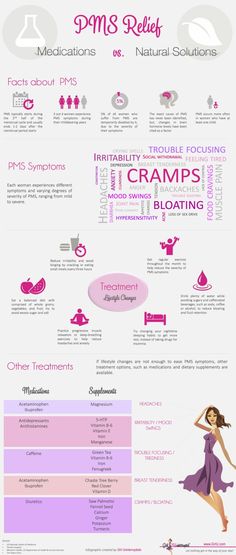 S., Sheybak L.N., But-Gusaim L.S. Follow-up analysis of the development of children under one year old with different serotonin status of cord blood serum // Health of motherhood and childhood. 2012. No. 1 (19). pp. 57–60.
S., Sheybak L.N., But-Gusaim L.S. Follow-up analysis of the development of children under one year old with different serotonin status of cord blood serum // Health of motherhood and childhood. 2012. No. 1 (19). pp. 57–60.
6 Antohin E.Yu. Therapy of severe recurrent depression // Psychiatry and psychopharmacotherapy. 2010. V. 12. No. 6. S. 18–24.
7 Carhart-Harris R.L., Nutt D.J. Serotonin and brain function: a tale of two receptors // Journal of Psychopharmacology 2017. Vol. 31(9). R. 1091–1120.
8 Tarasov E.A., Blinov D.V., Zimovina U.V., Sandakova E.A. Magnesium deficiency and stress: relationship issues, diagnostic tests and approaches to therapy // Therapeutic archive. 2015. No. 9. P. 114–122.
9 Bezler Zh.A. Deficiency of vitamins and minerals in children: modern methods of prevention: educational method.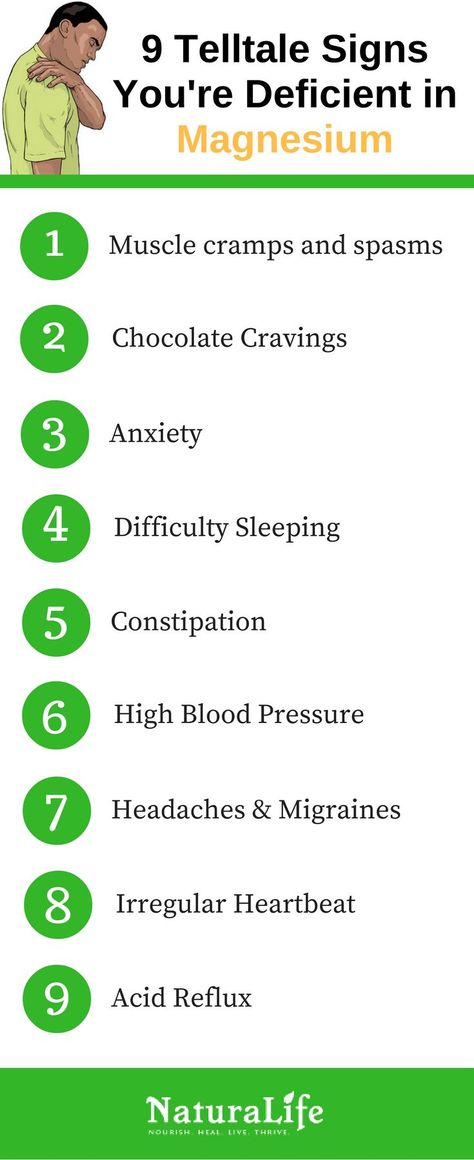 allowance. Minsk: BSMU, 2009. P. 15.
allowance. Minsk: BSMU, 2009. P. 15.
10 Studenikin V.M., Tursunkhuzhaeva S.Sh., Shelkovsky V.I., Kuzenkova L.M. Sedative herbal preparations in pediatric neurology // Effective pharmacotherapy. Pediatrics. 2013. No. 1. S. 28–30.
11 Shikh E.V., Olenina N.G. Clinical and pharmacological aspects of the use of medicinal plants with sedative activity in pediatric practice // Consilium Medicum. Pediatrics. 2012. No. 4. S. 61–65.
12 Novikov V. S., Karkishchenko V. N., Shustov E. B. Human functional nutrition under extreme conditions. St. Petersburg: Politekhnika-Print, 2017, pp. 76, 108. Gromova O.A., Torshin I.Yu., Gusev E.I. Synergistic neuroprotective effects of thiamine, pyridoxine and cyanocobalamin in the framework of the human proteome // Pharmacokinetics and pharmacodynamics. 2017. No. 1. P. 40–51.
14 Meiramov G.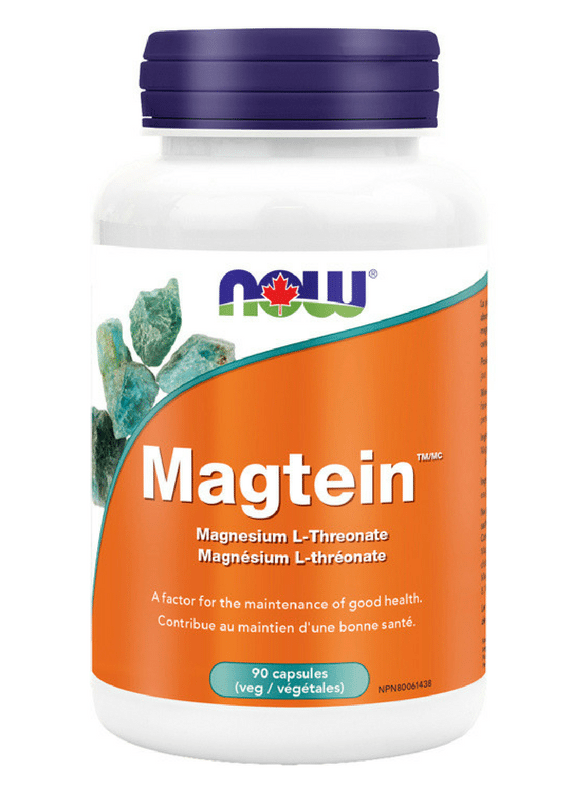 G., Konert K.D., Meyramova A.G. On the diabetogenic action of xanthurenic acid // Problems of Endocrinology. 2001. No. 47(1). pp. 39–44.
G., Konert K.D., Meyramova A.G. On the diabetogenic action of xanthurenic acid // Problems of Endocrinology. 2001. No. 47(1). pp. 39–44.
15 Confirmed SOGR No. AM.01.07.01.003.R.000597.10.21 dated 10.25.2021
Magnesium deficiency in the elderly - KGBUZ City hospital No. 12, Barnaul: articles
Magnesium is the fourth most abundant mineral in the human body after potassium, calcium and sodium. Our body cannot synthesize these important elements on its own, so they must be available in sufficient quantities through food and water. Without this, literally every function in the human body is difficult. In this article, we will try to understand how magnesium deficiency starts, how to avoid it, and why older people suffer the most from magnesium deficiency.
Magnesium is one of the most important elements for the human body. Imagine that you are directly involved in over 300 reactions that go through our bodies every day. Magnesium affects the functioning of the circulatory, nervous and digestive systems, is found in bones and is involved in the immune response to stimuli.
Magnesium affects the functioning of the circulatory, nervous and digestive systems, is found in bones and is involved in the immune response to stimuli.
Magnesium is the fourth most abundant mineral in the human body after potassium, calcium and sodium. Our body cannot synthesize these important elements on its own, so they must be available in sufficient quantities through food and water. Without this, literally every function in the human body is difficult. In this article, we will try to understand how magnesium deficiency starts, how to avoid it, and why older people suffer the most from magnesium deficiency.
The role of magnesium in the human body
First of all, it should be noted that magnesium has macrodata, that is, the norm of content in the body is very high and amounts to 0.01% or more. As mentioned above, this is due to the fact that the concentration in the body is 4 or 1 element. Magnesium is part of over 300 enzymes known to determine your metabolism.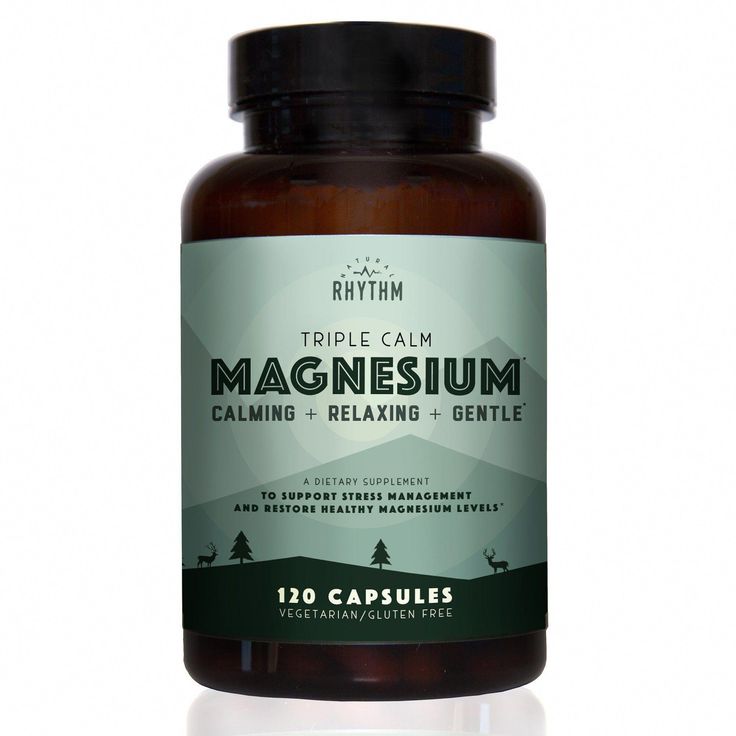 This element is found in abundance in bone tissue and teeth. About 20% is found in actively functioning tissues such as the brain, liver and muscles.
This element is found in abundance in bone tissue and teeth. About 20% is found in actively functioning tissues such as the brain, liver and muscles.
It is difficult to say in which processes magnesium is not involved. It regulates the functioning of nerves and muscles, affects blood pressure and heart rate, is involved in the production of hydrochloric acid in the stomach, and protects against harmful food bacteria. This element is involved in many reactions that ensure the normal life and functions of our body, including the synthesis and breakdown of ATP (adenosinic acid).
Symptoms of magnesium deficiency
Since magnesium is involved in many processes in the body, the symptoms of its deficiency are varied. Therefore, a small deficiency of this element causes irritability, fatigue and mental disorders such as depression. Sleep disturbances occur when you stay long enough and still feel tired. Naturally, your productivity and focus will suffer.
A lack of magnesium can cause irregular heart rhythms and changes in blood pressure.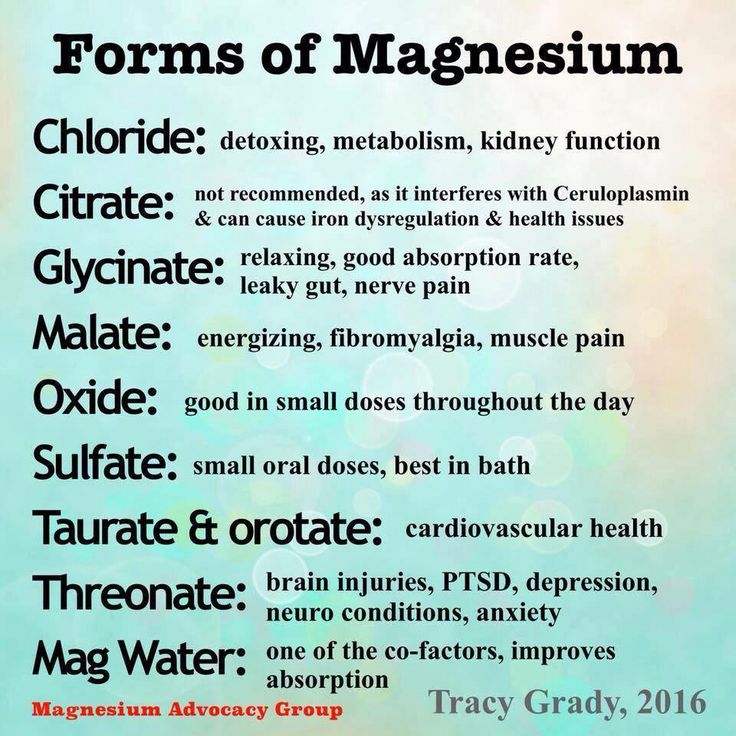 People are beginning to adapt to changing weather conditions. Muscles may appear. Sometimes patients with magnesium deficiency complain of soreness in the corners of the eyes. Deficiency plays an important role in the appearance of gray hair and hair loss. If you don't want your hair to turn gray in the future, why not consider a magnesium-rich diet? Gooseberries, numbness and pain in the limbs are also symptoms of this element deficiency.
People are beginning to adapt to changing weather conditions. Muscles may appear. Sometimes patients with magnesium deficiency complain of soreness in the corners of the eyes. Deficiency plays an important role in the appearance of gray hair and hair loss. If you don't want your hair to turn gray in the future, why not consider a magnesium-rich diet? Gooseberries, numbness and pain in the limbs are also symptoms of this element deficiency.
Severe deficiency destroys the structure and density of bone tissue and ivory teeth. Spasms in the calf muscles may also occur. All these symptoms often go unnoticed due to the fact that they may indicate a number of other diseases that are characterized by magnesium deficiency. Here are some other symptoms of magnesium deficiency in the body.
- Immune system weakened. If you have frequent colds, you may want to consider supplementing your magnesium deficiency.
- If you have frequent dental problems, you may have a high magnesium content.
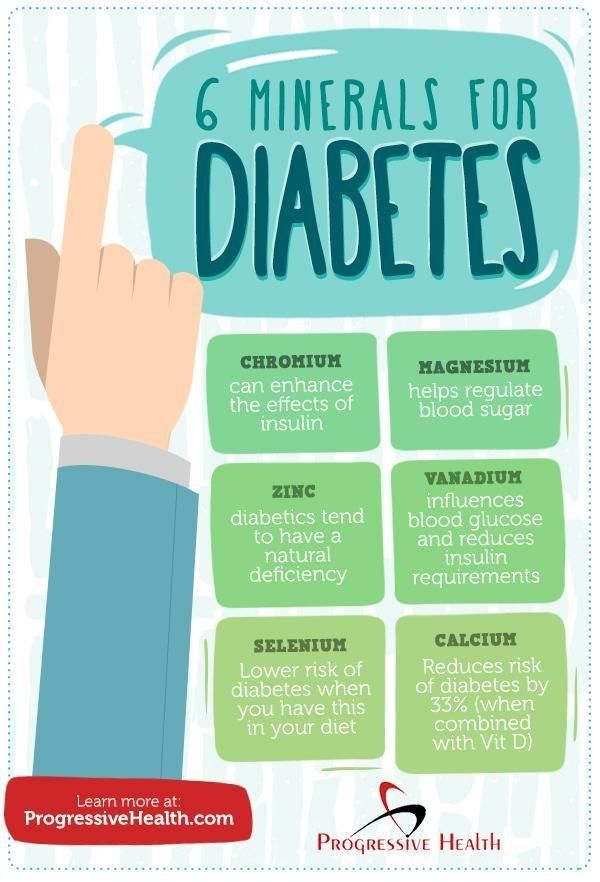 Severe magnesium deficiency alters the structure and density of tissues, especially dentin.
Severe magnesium deficiency alters the structure and density of tissues, especially dentin.
- Increased tension, tears. As mentioned, magnesium deficiency has a significant impact on mental health.
- Lack of magnesium in brain tissue can lead to frequent headaches and dizziness.
- Abdominal pain and diarrhoea.
Why does magnesium deficiency occur in the elderly?
Magnesium deficiency can occur for three reasons. First, it is insufficient intake of food and water. Magnesium is not produced by the body! ? This means that your daily diet should contain enough magnesium to keep all body systems functioning properly.
If you eat a healthy diet, you can get enough. There are also many medicines containing magnesium in its pure form. However, uncontrolled intake of magnesium tablets is dangerous. An overdose of magnesium can cause serious cardiovascular problems, as well as impaired consciousness and memory. In addition, magnesium helps to cleanse the body of calcium. Before buying pharmaceutical supplements, check with your doctor if you really need extra magnesium, and if so, carefully follow his recommendations.
In addition, magnesium helps to cleanse the body of calcium. Before buying pharmaceutical supplements, check with your doctor if you really need extra magnesium, and if so, carefully follow his recommendations.
The second reason you can be deficient in magnesium, even if you eat enough, is that it is not well absorbed by the body. Older people often rely on refreshing coffee or strong tea. In fact, these products contain caffeine, which greatly interferes with the absorption of magnesium by the body. If you abuse it, the amount of magnesium in your body will gradually decrease, and you will become deficient.
In addition to caffeine, there are many other factors that reduce the absorption of magnesium. For example, a lack of vitamin B6 slows down the absorption of this element. A specialist can help determine what is causing the difficulty in absorbing nutrients. Recommendations for proper nutrition and treatment.
A third possible cause is very strong excrement. Magnesium deficiency occurs as a result of insufficient intake and absorption, as well as rapid excretion from the body. Here, not only lifestyle habits are of great importance, but also general health. Alcoholism, frequent stress, emotional disorders, a sedentary lifestyle cause a rapid depletion of magnesium reserves in the body. By the way, vitamin C is also released during stress, so if you live a hectic life, don't forget too.
Magnesium deficiency occurs as a result of insufficient intake and absorption, as well as rapid excretion from the body. Here, not only lifestyle habits are of great importance, but also general health. Alcoholism, frequent stress, emotional disorders, a sedentary lifestyle cause a rapid depletion of magnesium reserves in the body. By the way, vitamin C is also released during stress, so if you live a hectic life, don't forget too.
Aging certainly plays a big role as our bodies no longer work as efficiently as they used to. Elderly people may also take various medications that increase magnesium levels or slow magnesium absorption. Maintaining the proper level of magnesium, which affects not only the functioning of internal organs, but also the quality of life, is extremely important for pensioners.
Which foods are high in magnesium?
Normal mineral water contains magnesium. It can also be consumed by consuming salt, which improves magnesium.
Nuts can be distinguished from products.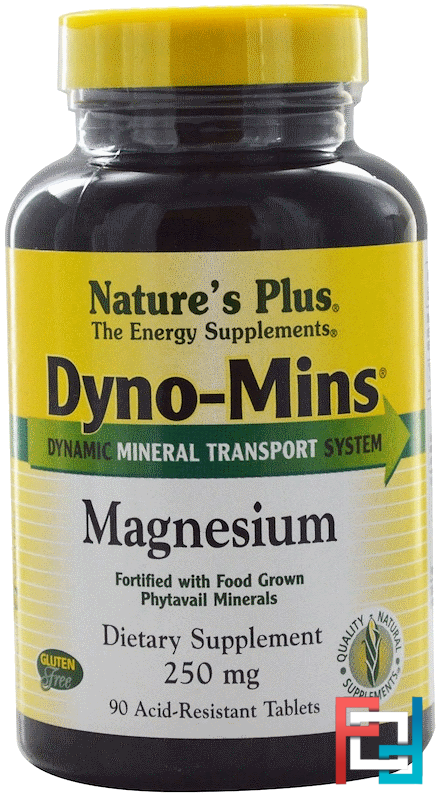 For example, walnuts, hazelnuts, almonds, cashew nuts, etc. Magnesium is also found in grains such as Soba and Rice.
For example, walnuts, hazelnuts, almonds, cashew nuts, etc. Magnesium is also found in grains such as Soba and Rice.
Since magnesium is part of chlorophyll, all green plants are a source of their supply. Recommended for spinach, avocado and kale (including seaweed). Magnesium also contains beans such as peas and beans.
Meat, seafood, pumpkin seeds, figs, dried skewers and bananas are also good for magnesium. Separately, you can highlight cocoa and chocolate. Magnesium is often absorbed by these foods, but do not overindulge in sweets, especially in old age.
Magnesium deficiency is a serious problem for the body that well knocks out the function of many body systems and breaks. People who are deficient in magnesium not only have painful symptoms such as pressure rebound, arrhythmia and diarrhea, but also cause various mental disorders such as anxiety, fatigue and depression. Fortunately, appropriate intake not only avoids magnesium deficiency, given the characteristics and medications of the consumed product, but also compensates for the loss.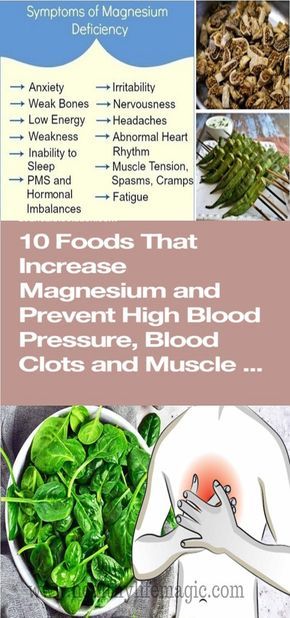
Magnesium is the main component of the living body, an important ingredient in animal and human bone tissue and plants. This mineral activates over 350 enzymes associated with the absorption of lipids, proteins and nutrients.
In an adult body weighing 70 kg, 20-30 g of magnesium is concentrated. 60% are found in skeletal bones, 40% in cells and tissues, and 1% in cells.
Interestingly, the body content is inferior to sodium, potassium and calcium and is the fourth.
Biological role
An important function of magnesium is the formation of bone tissue and the promotion of metabolism.
Other useful characteristics of macronutrients.
- Increases the immune activity of the cell.
- Maintains the stability of genetic substances (DNA, RNA) and prevents mutation.
- Slows down the release of histamine from mast cells.
- Adjust heart rate (reduce heart muscle contributors, reduce heart rate and improve hypertension).

- Increase bone density and prevent fractures (along with calcium and phosphorus).
- Activates enzymes such as peptidase, hosphatase, kalbo shiraze, Hos Holase, Colin Ethrase, Pilbrenin and ketoic acid enzymes.
- It is involved in the synthesis of nucleic acid, fat, protein, B vitamins and collagen.
- Supports potassium, calcium and sodium homeostasis.
- Promotes the release of harmful substances containing cholesterol outside the body.
- Improves platelets and improves blood "liquidity".
- Fashion of the process of suppression and excitement in the brain.
- Corrects the permeability of mitochondria and cell membranes.
- Participates in the behavior of the neural signal.
- Controls blood sugar levels.
- Prevents calcium deposition on the kidneys, gallbladder, urinary tract and bones (in combination with vitamin B6).
- Increase the penetration of intestinal contents and promote the passage of stool.
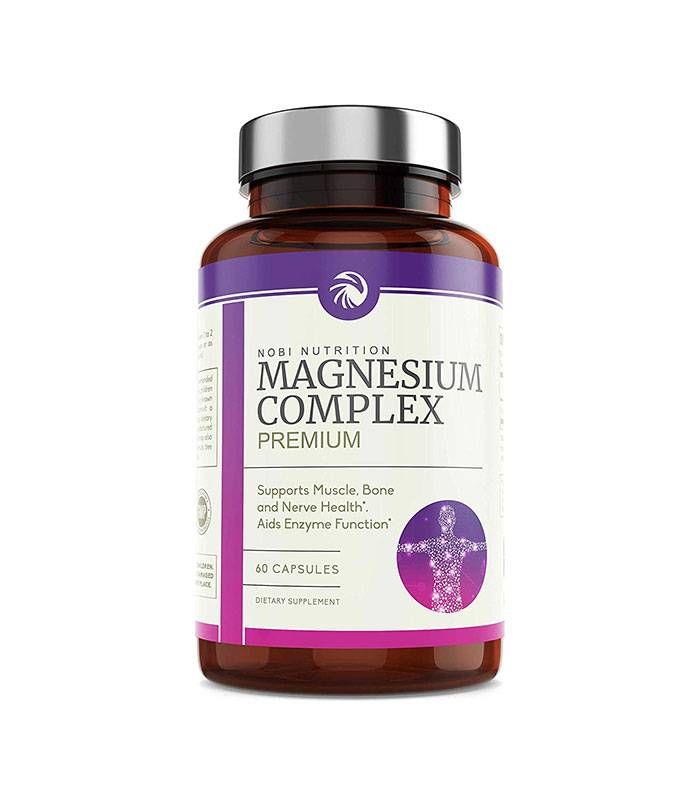
- Partners involved in the neuromuscular stimulus process to improve muscle shrinkage (along with calcium).
- Promotes the conversion of creatine phosphate to adenosine triphosphate and enhances energy metabolism reactions.
- Increases the body's resistance to stress.
Foods high in magnesium also help prevent insomnia, migraines, anxiety and neuroses.
Daily requirement
Your daily intake of magnesium depends on your gender, age and physiological state.
daily needs
- Newborns up to 5 months - 30-50 mg.
- Infants 6 months to 1 year: 70 mg.
- Children under 3 years old - 100 milligrams.
- For children 4-7 years old - 150-170 milligrams.
- Students ages 9 to 13 receive 250 milligrams.
- For young people under 30 - 310 - 350 milligrams.
- Adult - 400 milligrams
- Pregnancy and lactation - 450-700 milligrams.
and an increased need for magnesium.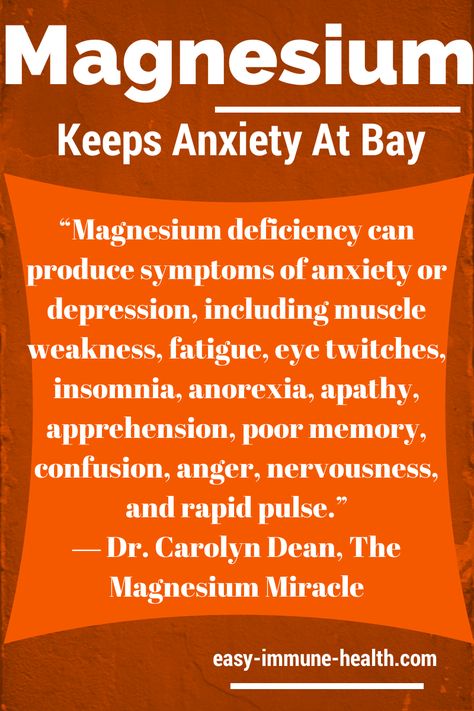
- stress.
- stress, stress, stress, protein diet
- pregnant or breastfeeding
- Formation of new tissues (children, bodybuilders).
- Postoperative period
- alcoholism
- Taking diuretics, laxatives, estrogens, hormonal contraceptives.
Menopausal women are also advised to take foods with magnesium (450-500 milligrams) to relieve menopausal symptoms and reduce nervous excitability.
Deficiency and excess
Magnesium makes up 80% of your daily requirement with a balanced diet. However, taking into account the industrial processing of raw materials (refining, washing, mixing, pasteurization), the concentration of minerals in food is halved. In addition, there are many people who do not consume enough due to unhealthy lifestyle or chronic digestive diseases.
Given that magnesium is a coenzyme of enzymes and a regulator of biochemical reactions in the body, its deficiency can lead to weakened immunity and dysfunctions.
Signs of magnesium deficiency
- Infections have increased.
- is always tired.
- protracted seasonal depression
- Low performance.
- Long recovery period.
- stress, phobia, anxiety
- Insomnia, morning fatigue.
- easily irritated
- Ahead opposite.
- Muscle spasms, twitches, convulsions.
- Be sensitive to noise and weather changes.
- Dizziness; dizziness.
- Violation of coordination of movements.
- Blood pressure value -
- palpitations.
- Accompanied by cramping abdominal pain and diarrhoea.
- Hair loss, brittle nails.
Scientists N. M. Nazarova, V. N. Prilepskaya, E. A. Tsevitin also name premenstrual syndrome, caused by a decrease in the number of erythrocytes in the blood, as a characteristic symptom of hypomagnesemia.
Exogenous factors causing deficiency of minerals in the body.
- Compliance with the rigid “personification, hunger.
- Insufficient magnesium in the daily menu.
- Excessive intake of calcium, proteins and fatty foods.
- chronic alcoholism, smoking
- hormonal contraception
- Administration of magnesium-depleted preparations for parenteral or enteral nutrition.
- Nutritional deficiencies of vitamins B1, B2 and B6.
However, most often hypomagnesemia occurs against the background of visceral pathologies.
Endogenous causes of magnesium deficiency.
- Nutrient malabsorption due to diarrhea and fine fistulas.
- Kidney disease
- Diabetes mellitus is a condition in which blood sugar levels are permanently elevated.
- myocardial infarction
- Hyperthyroidism, hyperparathyroidism.
- Poor circulation, especially congestion.
- cirrhosis of the liver
- Synthesis of aldosterone (adrenocortical hormone) is enhanced.

Long-term use of diuretics, steroids, cell proliferation and estrogen leads to the development of hypothermia.
Be aware that 99% of the nutrients are concentrated in the cell structure and only 1% of the nutrients are concentrated in the cell structure, so it is difficult to diagnose with blood tests. In plasma, I decided to set anesthesia for each symptom after having grasped the patient's clinical condition in advance.
Magnesium overdose accounts for 90% of cases, which develop in the background of renal failure, increased protein distention, diabetic acidosis, drug abuse and small elements.
- Verbal repression, cooperation-.
- Invite drowsiness.
- Pulse is slow.
- Is it pain?
- Decreased heart rate (Bradycardia).
- The mucous membrane dries up.
- I have stomach pain.
- Nausea, vomiting, diarrhea.
Hypergenemia can last for a long time, causing persistent blood pressure, respiratory distress and rare cardiac arrest.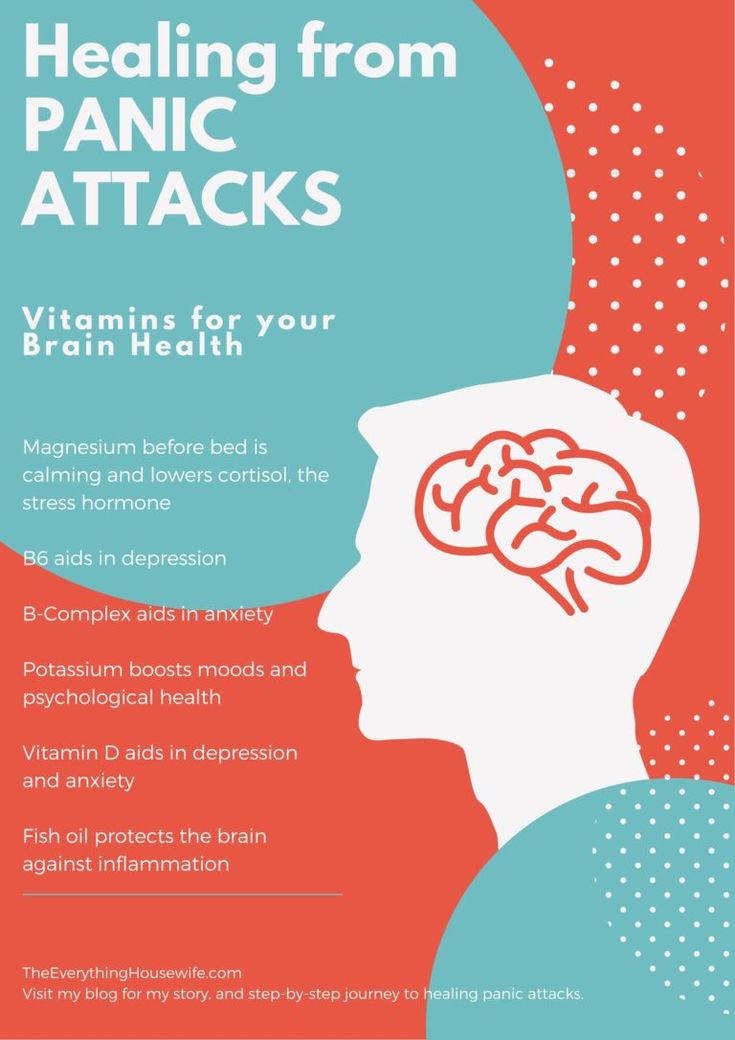
What affects the absorption of magnesium in the body?
Macrostal effect - protein formation, enzymatic structure and maintenance of calcium homeostasis.
However, a certain substance slows down intestinal absorption of magnesium and inhibits the full flow of biochemical reactions.
Consider a scale that pairs well with minerals and specific compounds.
- Invitation of magnesium with calcium, sodium and phosphorus reduces the rate of absorption.
- Iron reduces the absorption of magnesium in the duodenum.
- Combining this mineral and excessive consumption will cause soap to form and will not be absorbed in the digestive tract.
- Supplemental folic acid increases the need for macro-smearing.
- Vitamin E and B6 improve magnesium replacement in the body.
- The macroelement actively interacts with insulin and its secretion is caught.
- Excessive intake of potassium in the body contributes to the excretion of magnesium from the kidneys.

- High protein food inhibits the absorption of elements into the body.
- Vitamin D and C enhance the pharmacological action of magnesium.
- Caffeine, alcohol and white sugar impair minerals.
- Ellislamycin and tetra-a-cycline reduce the effects of macrotate.
Foods rich in magnesium
Minerals enter the body with food and hard water. To eliminate chronic hypo tint, medications and supplements are used that use deficient elements as the main active substance. In areas where tap water is soft water, herbal products replenish the required amount of the compound per day.
| Pumpkin seeds (RAW) | 530 |
| Wheat bran | 450 |
| Cocoa 20 | 440 |
| Seed shots | 350-450 |
| Forest trees nuts | 315 |
| Cashew (RAW) | 270-290 |
| Almond (fly) | 260 |
| Cedar (cleaned) | 245 |
| Wheat and beans (unprocessed products) | 240 |
| Soba (Raw) | 230 |
| Watermelon (nitrate free) | 224 |
| Corn flakes (solid) | 214 |
| peanuts | 180 |
| Hazelnut | 175 |
| Sea | 170 |
| Oats (solids) | 130 |
| Sunflower seeds, pea beans | 125-129 |
| Rose (dry) | 120 |
| walnut | 90-100 |
| Date (dry, raw) | 85 |
| Spinach (raw) | 80 |
| Dutch cheese | 50-60 |
| Boiled buckwheat | 50 |
| Millet / barley porridge | 45 |
| beans | 45-100 |
| Craga, drafts (raw) | 45-50 |
| rye bread | 40 |
| Lens beans (boiled food) | 35 |
| Russian cheese | 30-40 |
| Green piece (RAW) | 30 |
Remember that 30-60% of useful bonds will be lost due to heat treatment, immersion and cleaning of leather products.
Conclusion
Magnesium is an indispensable component for the human body and is involved in the coordination of the whole body, focusing on the immune system, nervous system and muscles.
It is a macronutrient, part of an enzyme involved in digestion, bone, cartilage and tissue unification, muscle contraction, energy production, vitamin B group activation and new cell generation. In addition, this substance controls the steady progress of pregnancy and prevents the risk of complications such as pre-embralania.
Lack of magnesium in daily menus can cause symptoms such as poor physical condition, frequent infections, stress sensitivity, increased fatigue and changes in blood components. To prevent hypothermia, it is important to eat foods that contain magnesium, especially wheat bran, cocoa, soba, nuts, grains, and beans.
- Gromova O.A., Torshin I.yu. -Magneium and "diseases of civilization" (magnesium and "civilizational disease"). Practical guide.
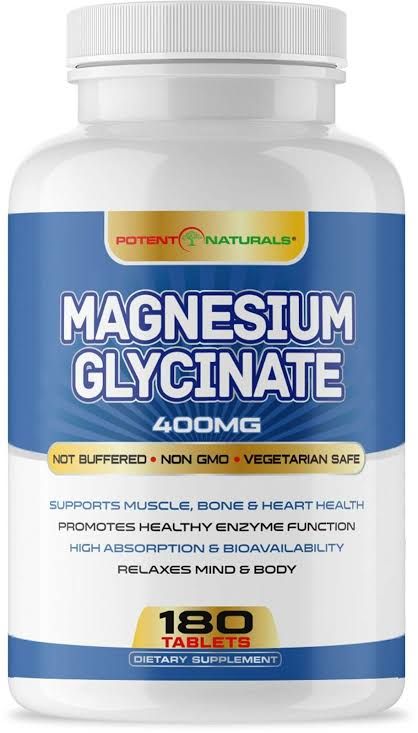 -1969
-1969
Telegram provides more up-to-date and relevant medical information. SPIPCREPT LIVE: https://t.me/foodandhealthru
Specialties: Infectious Disease Specialists, Gastrointestinal Specialists, Respiratory Specialists
Total Experience: 35 years.
Educational experience: 1975-1982, 1 MMI, Sanggig, highly qualified and specialist in infectious diseases.
The importance of vitamins and trace nutrients is often written today for health, longevity and efficient physical function. In this regard, humanity has gone through several stages of understanding and attitude to this problem (for example, remember the hysterical "vitamin poisoning" that occurred in the United States in the United States in 1960s and 1970s…). However, this is the problem itself. goes nowhere, and it is still a serious and urgent problem in almost all regions of the world. For example, in recent decades, iodine deficiency and disease, which were explained for a completely different reason, have been noticed.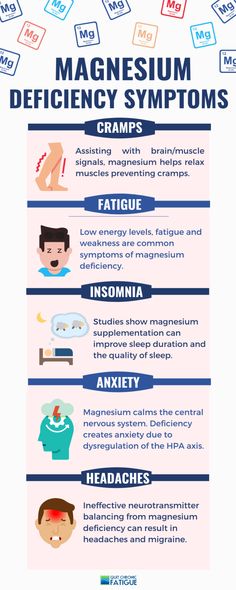
Magnesium is one of the most important "skeleton" chemicals to ensure the normal function of the human body. One fifth of the total amount of magnesium is found in the tissue of the central nervous system, and the same amount is found in the muscles containing the liver, kidneys and myocardium. Even with such simple data, it is clear that the concentration of magnesium is important for important organ functions (no or no less than required).
The main part, or about 60% of the total amount of stinky magnesium, is deposited in the bone tissue containing dentin and tooth enamel. Magnesium is known to be involved in over 300 major biochemical reactions.
In recent years, the results have been published in global peer-reviewed journals, and most people in developed countries are at risk of magnesium deficiency and many diseases. Perhaps this is clearly underestimated.
2. Causes
The main causes of magnesium deficiency are dozens of factors, and the most important group gives the reason why this condition is a "civilization disease".
- Emotional and physical overload (especially chronic stress status, according to official data, 80% of the Russian population)
- "Office" uplift; Office.
- There are many opportunities for contact with high temperatures (living in hot areas, working in hot shops, hobbies in saunas and baths, etc.)
- Distorted eating habits (meat, chicken, dairy, potatoes, fast food) with low magnesium and alcohol.
- Increase in vitamin B6, vitamin D and calcium deficiency.
- Many diseases associated with gastrointestinal dysfunction such as obesity, diabetes, corona disease and ulcerative colitis.
- Endocrine disease
- Use and abuse of various groups of drugs (hormonal agents containing contraceptives, cardiac glycoside, cell proliferation, especially diuretics - 80% of patients with diuretics)。
- During pregnancy and breastfeeding
For the above reasons, a secondary deficiency of personnium is determined. However, such a deficiency may be primary congenital and due to gene anomalies (mutation of genes that play a role in regulating magnesium assimilation and metabolism in the body).
However, such a deficiency may be primary congenital and due to gene anomalies (mutation of genes that play a role in regulating magnesium assimilation and metabolism in the body).
3. Symptoms and diagnosis
As described above, it is not difficult to predict the results of this element, given the role of magnesium body distribution and the role of the main system.
Therefore, magnesium deficiency is on the side of higher nervous activity, emotional instability, explosive irritability, chronic fatigue syndrome, calm right and left back and stability of concentration and attention. It comes to light with reduced headaches, dizziness, dizziness, sense, sense. Memory function and mental performance. Heart blood pressure (hypertension, hypotension, coronary artery disease, phytosis, thrombosis, etc.), gastrointestinal and respiratory systems can cause serious obstruction. Magnesium deficiency, which is the coordinator of the metabolic process, is one of the main reasons for the rapid progress of arteriosclerosis, the occurrence of cavities, alcoholism in women and anemia.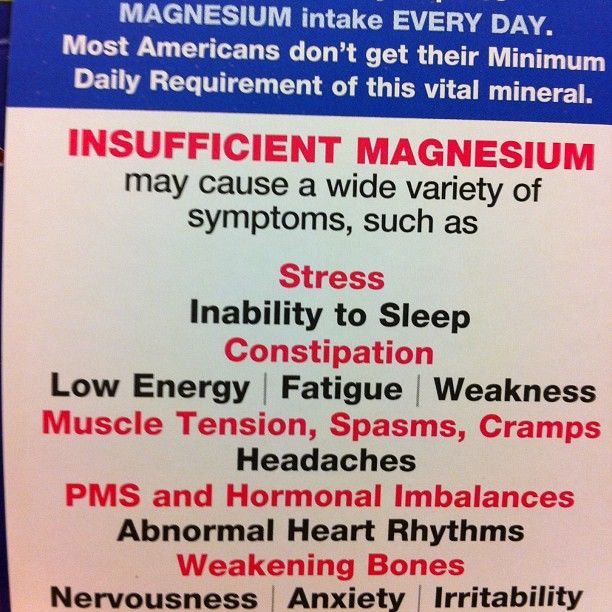 "Pain at the moment" and "pain in the joints", which is familiar with hair loss, nails, muscles such as limbs and a lot of muscle pain.
"Pain at the moment" and "pain in the joints", which is familiar with hair loss, nails, muscles such as limbs and a lot of muscle pain.
If there are collections of characteristic symptoms, you may clinically suspect a magnesium deficiency and order a plasma test.
However, a serious problem with the diagnosis is that magnesium in the blood is 0.5% or less in the body, so this analysis may not be useful and may not reflect the true form at all. Unknown. More than 90% of the total amount of magnesium ions (up to 99% according to other materials) is included in the intracellular space, that is. In order to accurately estimate the concentration, a more sophisticated study is required (atom collapse, fluorescence, spectroscopy exposed to light emission of plasma, enzyme analysis, etc.).
4. Treatment
Obviously, the priority in the treatment of magnesium deficiency is to fundamentally reduce all risk factors associated with diet and lifestyle (if possible, completely eliminate).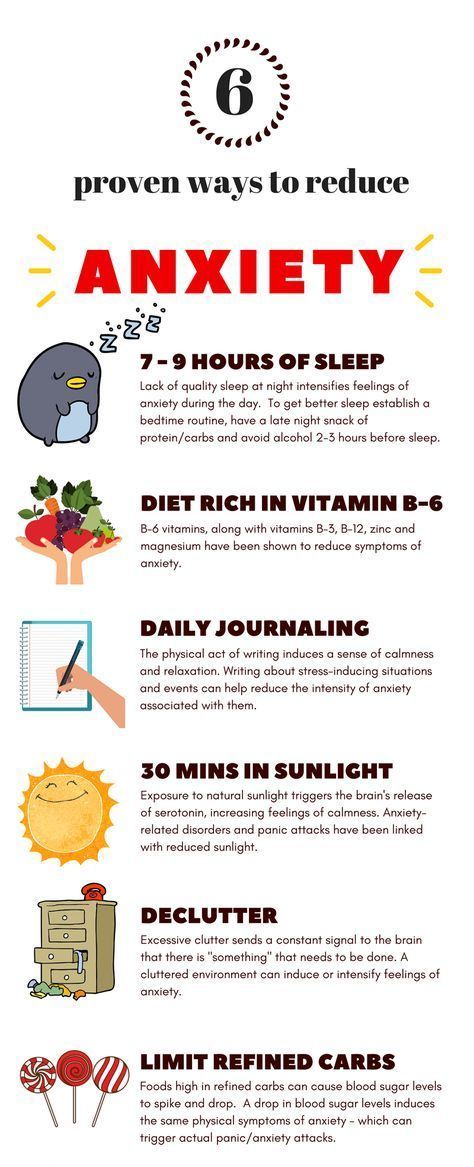 In addition, many medicines and supplements containing magnesium are used today and have succeeded in supplementing the absence of the body. Calcium mineral water is essential.
In addition, many medicines and supplements containing magnesium are used today and have succeeded in supplementing the absence of the body. Calcium mineral water is essential.
Reports of successful treatment are not empty words. Seriously, according to all the rules, they organized a medical-statistical study and showed it. Magnesium does have an antiplatelet effect, which significantly reduces mortality, especially from complications such as ventricular arrhythmia and thrombosis, after normalization.
However, it must be perfectly clear that this type of treatment can only be administered after a thorough clinical and biochemical examination and on the advice of a physician.
disease name
Main complaint and symptoms
- high body temperature
- weakened immune system
- various localized pains
- Rapid weight loss or gain
- poor functioning of the gastrointestinal tract
- Recurrent acute respiratory infections, SARS
- Weakness, dizziness, fatigue
If you have any of these symptoms, it may be a sign of illness and you are advised to see a specialist.
Diagnosis
- ECG
- complete blood count
- blood chemistry
- urinalysis
- panorama measurement
our values
- Consultation of a therapist — from 1500 rub.
- Biochemical blood test (standard, 10 indicators) - 2470 rubles.
- Biochemical blood test (extended version, 14 markers) — 3565 rubles.
- Complete blood count — 675 rubles.
- Electrocardiogram (electrocardiography) - 1500 rubles.
- Urinalysis — 320 r.
- Polyoxetone - 500 rubles
We try to keep our price information up to date, but to avoid confusion, please check your prices with your clinic.
This price list is not an offer. Medical services are provided on a contractual basis.
Magnesium is one of the most important macronutrients for human health.
For example, it is involved in many vital activities in the body, such as supporting the functioning of the circulatory and nervous systems. Magnesium deficiency negatively affects performance and overall quality of life. Its deficiency leads to a decrease in wakefulness, deterioration in general condition and rapid fatigue.
Magnesium deficiency negatively affects performance and overall quality of life. Its deficiency leads to a decrease in wakefulness, deterioration in general condition and rapid fatigue.
Magnesium intake
Factors such as gender, age and physical activity affect the amount of elements you need each day.
magnesium intake
- Administer 30-70 mg for children under 1 year of age.
- Children 1-3 years: 100 mg.
- Children aged 3-7 years: 100-170 mg.
- Children aged 7-13 years: 170-250 mg.
- Adolescents under 18 - 250-300 mg.
- Men and women under 40 - 350 to 400 mg.
- during pregnancy - 450-700 mg;
According to Rospotrebnadzor, the daily requirement for adults is 400-500 mg.
The role of magnesium in the body
Vital processes in the body depend on the level of macrofactors.
1. Magnesium regulates the normal functioning of the digestive system. It is thanks to him that the breakdown and assimilation of protein occurs.
2. Affects the strengthening of bone tissue. This is a macronutrient that improves the absorption of calcium, which is necessary for the prevention of osteoporosis. Adequate intake reduces the risk of fractures.
3. Participates in the activation of the protective functions of the body and the formation of immunity.
4. Controls the functioning of the nervous system. Magnesium is involved in the synthesis of endorphins. It regulates emotional states, depression, sleep quality and performance.
5. Has the effect of normalizing blood pressure and preventing the development of hypertension.
6. Magnesium promotes relaxation of vascular smooth muscle fibers and prevents the development of atherosclerosis and blood clots.
7. Pregnant women are required. Magnesium deficiency can adversely affect the organs of the fetus. Magnesium deficiency during pregnancy can increase uterine tension.
8. Providing the necessary macros per day is the prevention of angina and ischemia.
9. Promote fats and carbohydrates. Blood sugar control, which is especially important for patients with diabetes.
10. Maintains gene stability and prevents mutation.
11. I participate in the conduction of a neuron impulse.
12. Prevents calcium deposition on urinary organs (kidney, ureter).
13. Improve muscle contraction function with calcium.
14. Promoting physical stability in a stressful situation.
15. Helps eliminate excessive muscle tension and cramps.
Symptoms of magnesium deficiency
There is a characteristic sign in this element deficiency.
Symptoms occur when magnesium is deficient
1. 1. 1. 1. Insomnia, drowsiness, hypersomnia, anxiety, nervous tension, stress and restlessness, nerves, nervous tension and restlessness, and in some cases night sweats.
2. If you are deficient in magnesium, you can eat sweets for meals. Excessive consumption of sugar contained in the diet hinders the assimilation of the element.
3. When magnesium is deficient, it is characterized by muscle spasms, numbness and pain.
4. Major muscle and joint syndrome can also occur due to low levels of major nutrients. Headaches occur frequently.
5. The digestive system is burdened. Help nausea. Fortune and constipation are also characteristic. Intestinal movement is also affected by the lack of magnesium.
6. Not enough minerals appearing as high blood pressure, that is, an increase in blood pressure.
7. Frustrated, restless, nervous, etc. May be a sign that magnesium levels are low.
8. Macro deficiency is always characterized by fatigue, weakness and rapid fatigue. Productivity and activity are reduced, and the quality of life is reduced in general.
9. The appearance of external symptoms such as brittle nails and hair removal, it is shown that the elements in the human body are insufficient.
10. In some cases, teeth can be a problem. Enamel is destroyed and tooth decay is formed.
11. Given the decrease in immunity, it is susceptible to infectious diseases, and the period required for recovery is longer.
12. There is a place that is sensitive to changes in the weather.
Causes of magnesium deficiency in the body
Factors that cause hypothermicemia are divided into two groups.
1. External factors - External causes associated with lifestyle. These factors can be corrected and people can deal with them themselves.
2. Privacy - What depends on the internal organs and the health of the system. Behind this is various pathological and diseases. To increase magnesium in such factors, it is only possible by eliminating the fundamental causes. In this case, you should be diagnosed by a specialist.
Exogenous factors
1. Excessive consumption of alcoholic beverages, smoking.
2. Contracene with hormones
3. Fasting violates the principle of an appropriate and balanced diet and limits the flow of magnesium in the body.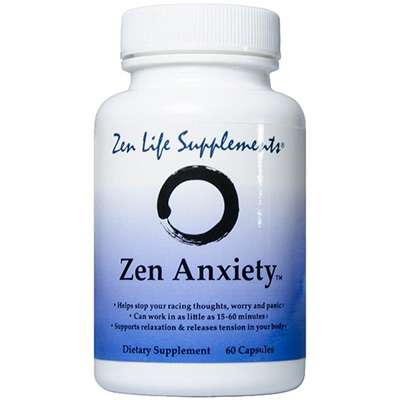 Dietary therapy must be prescribed by a doctor and includes medical management. Dramatic changes in eating habits, restrictions on the use of specific foods, etc. are only made if they have an adaptation. Otherwise, you can be extremely harmful to your health.
Dietary therapy must be prescribed by a doctor and includes medical management. Dramatic changes in eating habits, restrictions on the use of specific foods, etc. are only made if they have an adaptation. Otherwise, you can be extremely harmful to your health.
4. Excessive consumption of coffee and sugar can cause magnesium absorption.
5. Medication adversely affects the absorption of elements.
Endogenous factors
1. Proper absorption of metal and due to diarrhea.
2. Diabetes, where blood sugar levels are always high.
3. Disease in the gastrointestinal tract has a negative effect on the absorption of large nutrients.
4. Taking medication can change the absorption of magnesium.
5. Condition associated with increased thyroid gland.
6. Functional diseases of the liver, cirrhosis.
7. Continuity of diuretics and steroids may cause hypothermicemia.
8. Not enough vitamins in the body.
Magnesium deficiency and don't try to diagnose yourself.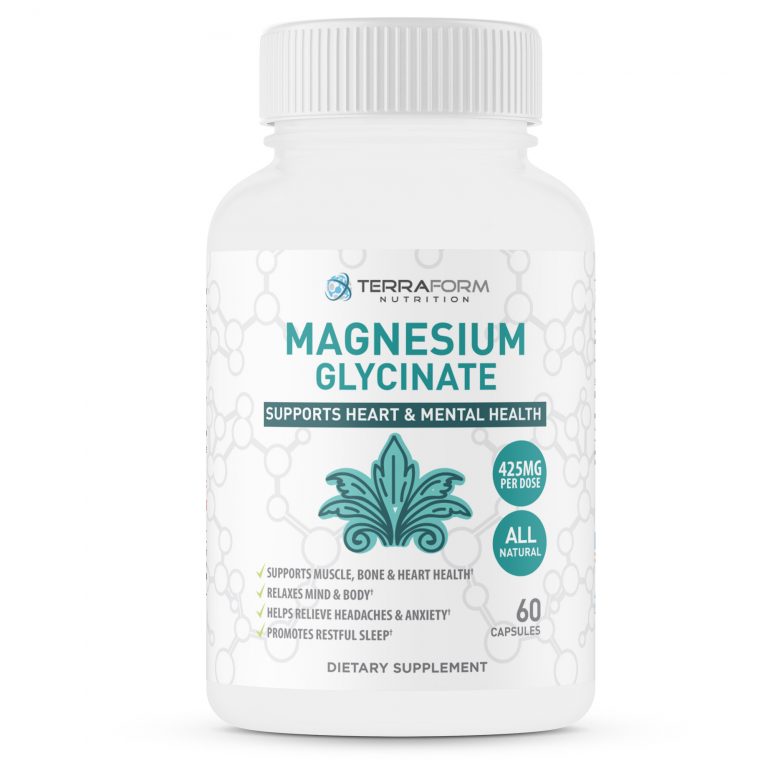 If you suspect hypothermicemia, consult your GP. By collecting a medical history, doctors can identify abnormalities and prescribe the necessary treatment. When a magnesium deficiency is diagnosed by a specialist, care must be taken not to be tested in a laboratory, but rather to be diagnosed based on clinical imaging. Instead of looking for magnesium levels in a blood test, more information can be obtained from external tests and symptoms. In fact, 99% of large nutrients are found in cellular structures and only 1% in plasma.
If you suspect hypothermicemia, consult your GP. By collecting a medical history, doctors can identify abnormalities and prescribe the necessary treatment. When a magnesium deficiency is diagnosed by a specialist, care must be taken not to be tested in a laboratory, but rather to be diagnosed based on clinical imaging. Instead of looking for magnesium levels in a blood test, more information can be obtained from external tests and symptoms. In fact, 99% of large nutrients are found in cellular structures and only 1% in plasma.
How to avoid magnesium deficiency
Magnesium is not synthesized in the human body. The basic elements of a normal life can be obtained from food and water.
Magnesium supply.
1. 1. Be sure to get a doctor and supplements. Do not take medicine on your own.
2. In water, the required tracing elements and macro elements are specially concentrated.
3. Products that contain elements that are beneficial to the body.
Foods rich in magnesium
A healthy person is enough to eat right to meet the large nutrients needed per day.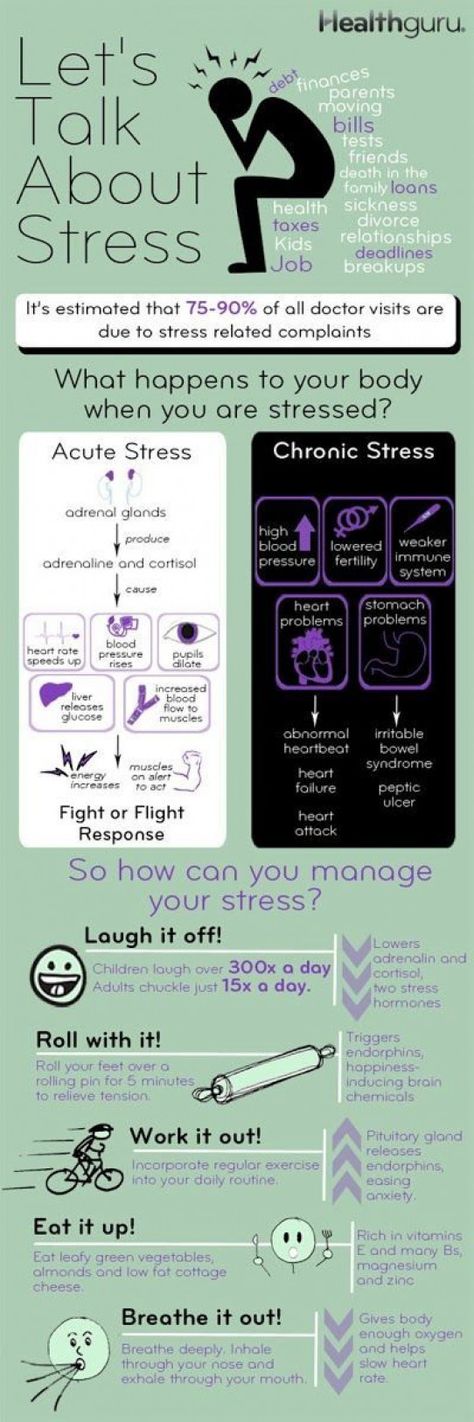 Along with food, organs and organizations are also fortified with magnesium.
Along with food, organs and organizations are also fortified with magnesium.
Gum
Sesame is rarely eaten alone. In most cases, it is used as an additional ingredient. Sesame is suitable for making salads and desserts. It is a source of magnesium and potassium and has many beneficial characteristics.
Bran is the grain-based outer skin. Rich in minerals and suitable for diet. Bran is effective for those suffering from gastrointestinal problems. It is a product often used for cooking and sweets.
banana
Bananas are not only tasty, but also healthy snacks. Fruit is good for snacking and convenient because it can be taken on the go. Bananas are added to various desserts and yogurt. Tropical fruits will be the best subject for milk drinks.
Avocado
Avocado contains many ingredients that have a positive effect on the function of the heart and blood vessels. These fruits are also a healthy source of fat. It is used to prepare cold appetizers, salads and sandwiches. Avocado is in harmony with vegetables, fruits and seafood.
Avocado is in harmony with vegetables, fruits and seafood.
Apple
Apples are rich in dietary fibre, potassium and magnesium. The amount of iron found in fruits is small. However, apples contain pectin. This substance functions as an adsorbent. However, it should be remembered that this can adversely affect bowel function because it contains a lot of organic acids. Therefore, in the acute phase of gastritis and digestive ulcers, apple consumption is not recommended. However, it can be used in the baked state.
Dried hops
Nuts are very nutritious and high in calories. It is useful for the prevention of anemia and normalization of blood pressure. Due to their magnesium content, regular consumption of nuts can help reduce stress. Nuts are suitable for the recovery period after an illness. It can also be used as a healthy snack with fruit. Nuts are added to baked goods, salads and soups.
regulation
Legumes, peas, chickpeas and lentils are suitable for a wide variety of dishes. Side dishes, beans are useful for the human body. It contains a lot of protein, trace elements and macronutrients. People who do not eat meat are especially benefited from the use of these products. Legumes are a source of iron that vegetarians cannot consume due to dietary restrictions.
Side dishes, beans are useful for the human body. It contains a lot of protein, trace elements and macronutrients. People who do not eat meat are especially benefited from the use of these products. Legumes are a source of iron that vegetarians cannot consume due to dietary restrictions.
Vegetables/herbs
Vegetables are an integral part of human nutrition. Since it contains dietary fiber, it helps the proper functioning of the intestines. Vegetables contain vitamins and elements that positively affect health. Dark green vegetables are especially rich in magnesium. Soup can be prepared depending on the type of cabbage. Good accompaniment to meat and fish dishes. To prepare the salad, you will need spinach, dill and parsley. Due to the absence of heat treatment, the freshness and potency of green vegetables are preserved.
Magnesium absorption
What you eat can decrease or increase magnesium absorption.
reduce suction.
1. Iron inhibits the absorption of magnesium in the intestine.
2. Macronutrient intake with calcium reduces the absorption of magnesium.
3. Minerals should not be taken with fatty or fried foods.
4. Excess potassium accelerates the process of excretion of magnesium from the body.
5. High protein foods reduce the absorption of elements.
6. Taking antibiotics reduces the effectiveness of magnesium.
7. The use of alcohol and caffeinated drinks adversely affects the absorption of elements.
Improves absorption.
1. Vitamins D and C improve the quality of magnesium absorption.
2. B vitamins enhance the pharmacological action of metals.
What Causes Excess Magnesium
There are several factors that affect the performance of elevated levels of magnesium, a marker outside of the normal range.
Hypermagnesemia can be caused by
Uncontrolled intake of drugs containing magnesium.
Complications of disability due to diabetes mellitus.
Symptoms of hypermagnesemia.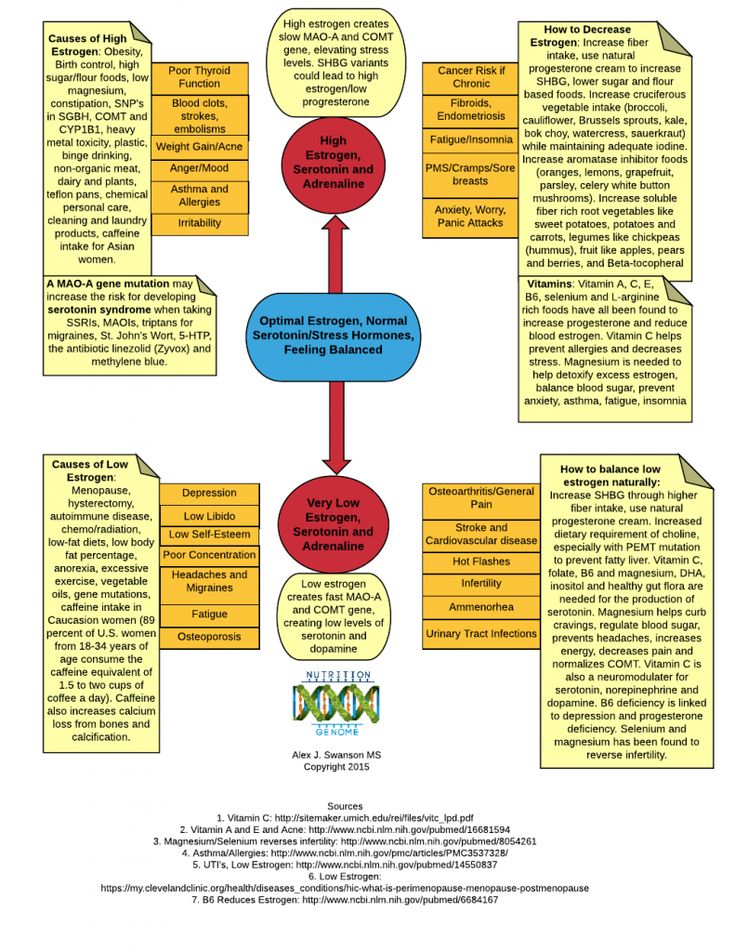
- Violation of coordination of movements.
Impaired coordination of movements; nausea, vomiting, diarrhea; Nausea, vomiting, diarrhea.
persistent drop in blood pressure
This condition is rare. Magnesium deficiency is more common.
Both deficiency and excess of elements must be controlled. If you have any of these symptoms, do not take the medicine on your own. Please consult a specialist. Without timely treatment, the condition worsens, and adverse events worsen.
Mineral salts are essential for our body. In particular, magnesium and potassium are essential for maintaining normal muscle function and circulation. This is an indispensable thing in your daily diet.
Mineral salts are easy to obtain with proper nutrition. In exceptional cases, it can be taken as a special supplement if recommended by a doctor.
Why deficiency is dangerous
Magnesium and potassium are the most abundant minerals in human cells and are closely related to each other. Potassium moves in and out of cells by mechanisms (called ion pumps) activated by sodium and magnesium.
Potassium moves in and out of cells by mechanisms (called ion pumps) activated by sodium and magnesium.
Insufficient magnesium can cause loss of potassium. According to recent studies, magnesium salt and potassium salt may reduce the risk of gallstones.
Of the more than 60 mineral salts in the human body, at least 20 types are believed to play an important role in maintaining normal physiology.
These minerals are roughly divided into two groups.
- Macro elements such as calcium, phosphorus, potassium, sodium, chlorine, magnesium, etc. in tissue.
- Traces: an element that should be considered small, such as iron, zinc, selenium, iodine, copper, fluorine, etc.
Potassium properties and benefits
Potassium is the most important mineral for the human body, also known as the "heart mineral". Because it has fundamental value.
- It is involved in the transmission of nerve and muscle impulses.
- Regulates blood pressure and heart activity to improve potential arrhythmias.
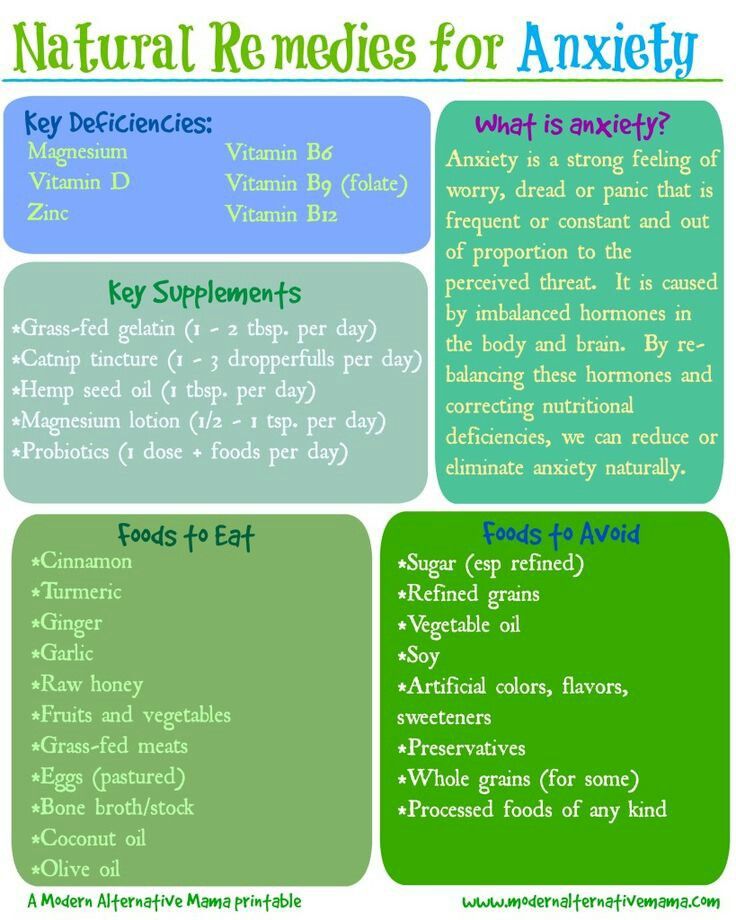
- Reduces the risk of arteriosclerosis, which forms blood clots and plaques.
- Works as a catalyst in various enzymes.
- Regulates energy production in the body and promotes nutrient metabolism.
- Promotes homeostasis of normal physiological function.
- Blood concentration is an important indicator of arrhythmias.
- Reduce fatigue and muscle spasms.
- Improve your mood and control your nerves.
- You will be able to sleep well.
Symptoms and causes of potassium deficiency
Daily intake of potassium for adults is about 4 g.
If there is not enough potassium, the following symptoms appear.
- Weak and tired.
- Warehouse, fatigue, fatigue, fatigue, fatigue.
- Muscle cramps (potassium also has moral kizato).
- Deficiency may be caused by specific symptoms, such as vomiting and diarrhea, but may be part of the side effects of specific drugs, such as diuretics, which increase hypokalemia.

Magnesium properties and benefits
Magnesium is the fourth (quantitative) mineral in the body and is essential for maintaining health. Osado to-bones, tissue, organs. This mineral contains only 1% in the blood and must be stable.
Requires normal magnesium levels.
- Cellular energy production
- Cardiovascular activity is improved by regulating heart rate and reducing the possibility of plaque formation from arteriosclerosis.
- Adjust enzyme activity and neurotransfusion.
- Basic optimal immune system.
- Regulate the metabolism of other minerals (including potassium, calcium, phosphorus, zinc) and vitamin C.
- Maintain normal bone function (correct bone and teeth calcium and phosphorus).
- By spreading the blood vessels, the blood pressure decreases, which prevents hypertension.
- Promotes insulin secretion and prevents diabetes to correct blood glucose levels).
- Reduces frustration, sleep disturbances and mental fatigue to re-adjust the brain.

Learn more

